Little Changes That Have a Big Impact on Blood Pressure
Beyond medication, your daily habits possess remarkable power. We've expanded our essential guide of simple yet profoundly effective tweaks you can seamlessly weave into your routine. These aren't just tips; they're a holistic roadmap to naturally lower your blood pressure, reclaim control, and revitalize your overall health, one mindful step at a time.
1. Embrace a Heart-Healthy Diet
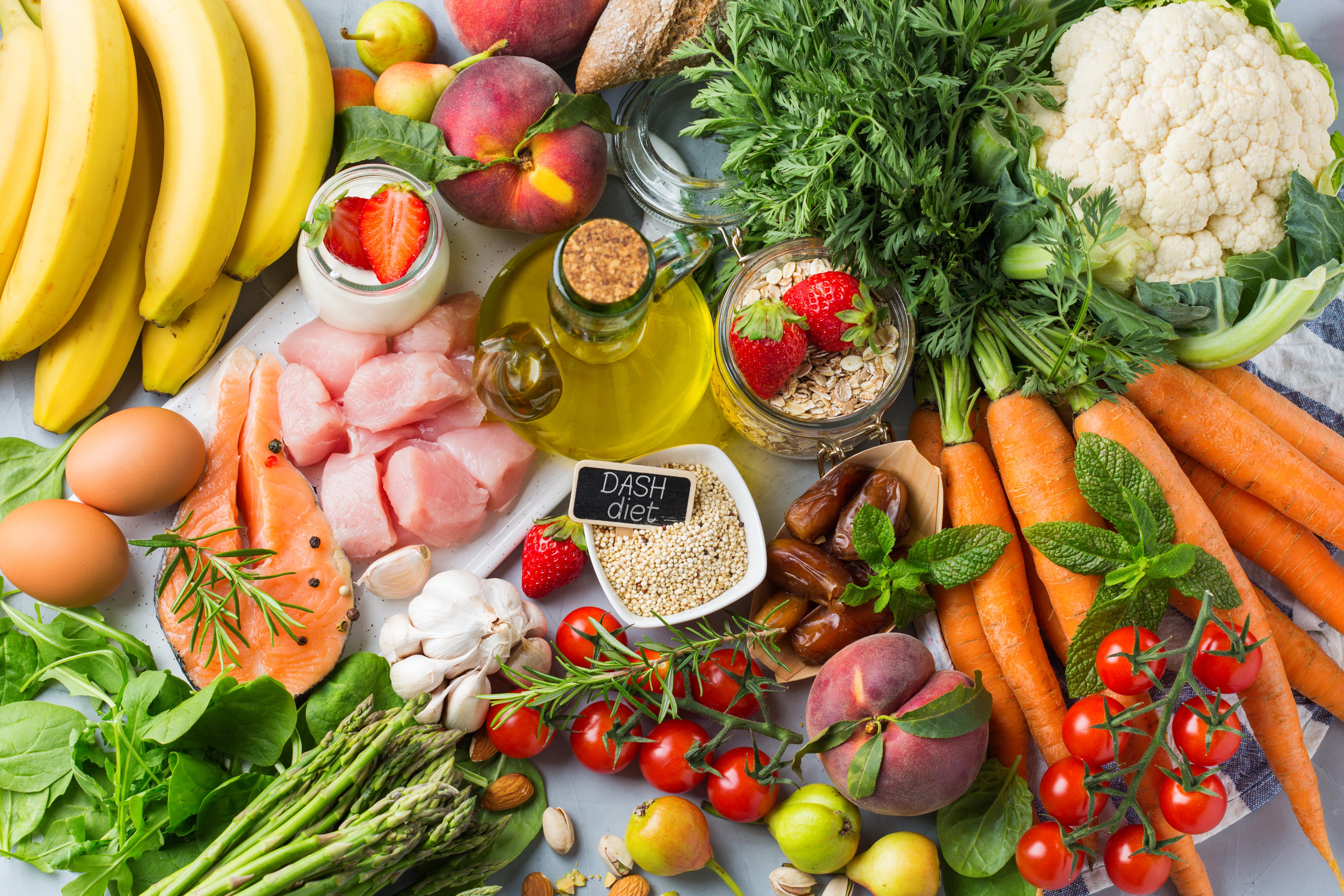
Diet plays a crucial role in managing blood pressure. The Dietary Approaches to Stop Hypertension (DASH) diet is specifically designed to help people reduce their blood pressure. This eating plan emphasizes the consumption of fruits, vegetables, whole grains, lean proteins, and low-fat dairy products while limiting saturated fats, cholesterol, and sodium. By adopting a DASH diet, you can significantly lower your blood pressure and improve your heart health. Studies have shown that individuals who follow the DASH diet can experience a reduction in blood pressure within just two weeks.
2. Get Moving: The Power of Regular Exercise

Physical activity is a cornerstone of a heart-healthy lifestyle. Regular exercise strengthens the heart, allowing it to pump blood more efficiently and reducing the pressure on the arteries. Engaging in at least 150 minutes of moderate-intensity aerobic exercise, such as brisk walking or cycling, per week can significantly lower blood pressure. Incorporating strength training exercises at least twice a week can also provide additional benefits, helping to maintain a healthy weight and improve cardiovascular health.
3. Manage Stress: Techniques for a Calmer Mind

Chronic stress is a known contributor to high blood pressure. When you're stressed, your body releases hormones that temporarily increase blood pressure by causing your heart to beat faster and your blood vessels to narrow. Over time, this can lead to sustained high blood pressure. Learning to manage stress effectively is crucial for maintaining healthy blood pressure levels. Techniques such as deep breathing, meditation, and yoga can help calm the mind and reduce stress.
4. Prioritize Sleep: The Connection Between Rest and Blood Pressure

Quality sleep is essential for maintaining healthy blood pressure levels. During sleep, your body repairs itself, and the heart rate and blood pressure naturally decrease. However, sleep deprivation or poor sleep quality can lead to elevated blood pressure and increase the risk of hypertension. Adults should aim for seven to nine hours of sleep per night to support overall health and well-being. Establishing a consistent sleep schedule and creating a relaxing bedtime routine can help improve sleep quality.
5. Limit Alcohol and Avoid Tobacco

Both alcohol and tobacco use can have detrimental effects on blood pressure. While moderate alcohol consumption may have some heart health benefits, excessive drinking can lead to elevated blood pressure and other health issues. The American Heart Association recommends that men limit alcohol intake to no more than two drinks per day and women to no more than one drink per day. Cutting back on alcohol can help lower blood pressure and reduce the risk of developing hypertension.
6. Maintain a Healthy Weight

Weight management is a critical component of controlling blood pressure. Excess weight can strain the heart and increase the risk of hypertension. Even a small amount of weight loss can have a significant impact on blood pressure levels. Losing just 5% to 10% of your body weight can help lower blood pressure and improve heart health. Achieving and maintaining a healthy weight involves a combination of a balanced diet and regular physical activity. Setting realistic weight loss goals and focusing on gradual, sustainable changes can lead to long-term success.
7. Monitor Your Blood Pressure Regularly

Regular monitoring of blood pressure is crucial for managing hypertension effectively. Home blood pressure monitors make it easy for individuals to track their blood pressure regularly and identify any changes or trends. Keeping a record of your blood pressure readings can help you and your healthcare provider assess the effectiveness of lifestyle changes and medication. It's important to follow the manufacturer's instructions and ensure the monitor is calibrated correctly for accurate readings.
8. Stay Hydrated: The Importance of Water
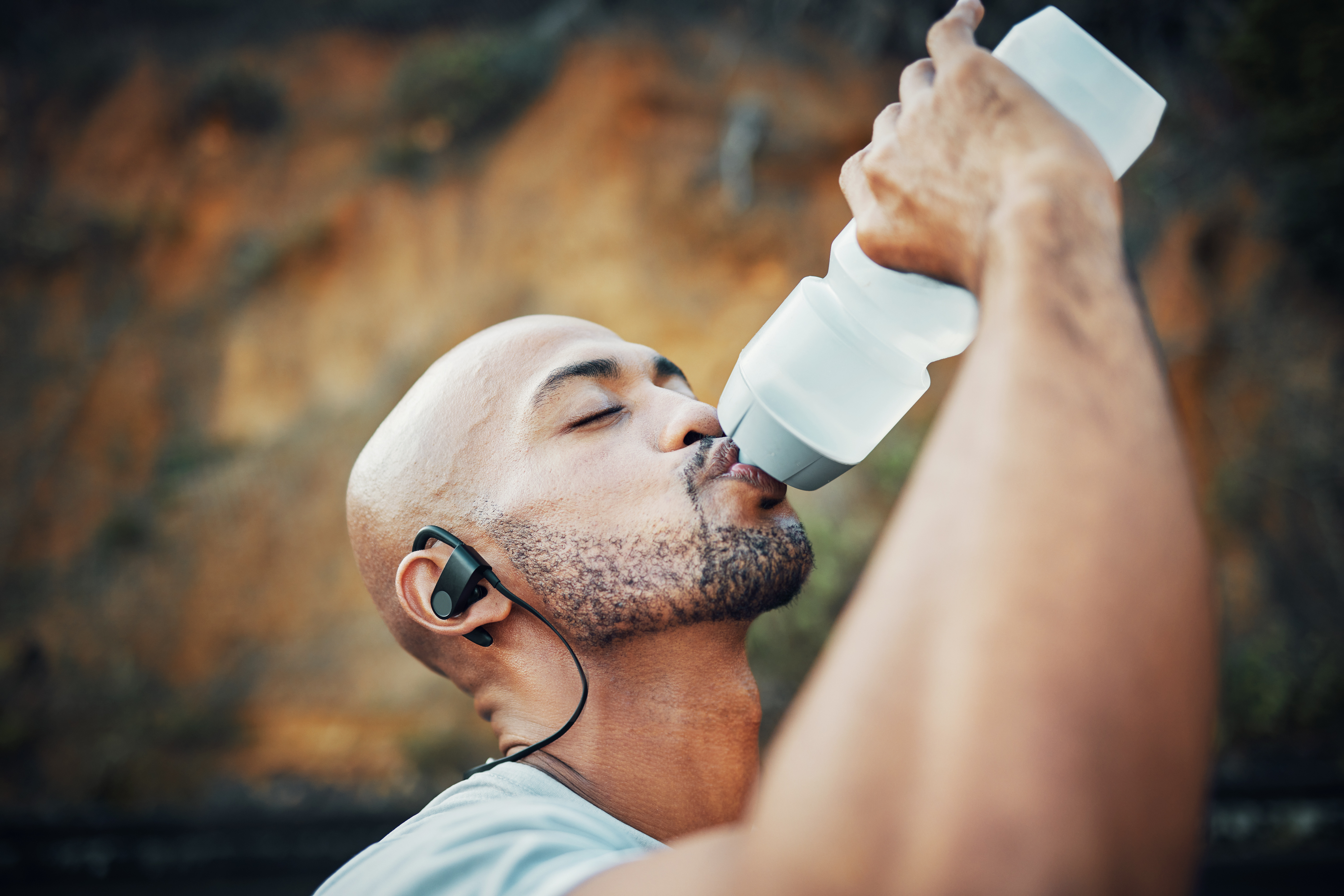
Proper hydration is essential for maintaining healthy blood pressure levels. Water is vital for various bodily functions, including regulating blood pressure. Dehydration can lead to an increase in blood pressure due to the body's attempt to conserve water by constricting blood vessels. Drinking an adequate amount of water each day helps ensure that your body functions optimally and can help prevent elevated blood pressure. The general recommendation is to drink at least eight 8-ounce glasses of water per day, though individual needs may vary based on factors such as activity level and climate. It's important to listen to your body's signals and drink water when you're thirsty.
9. Reduce Caffeine Intake
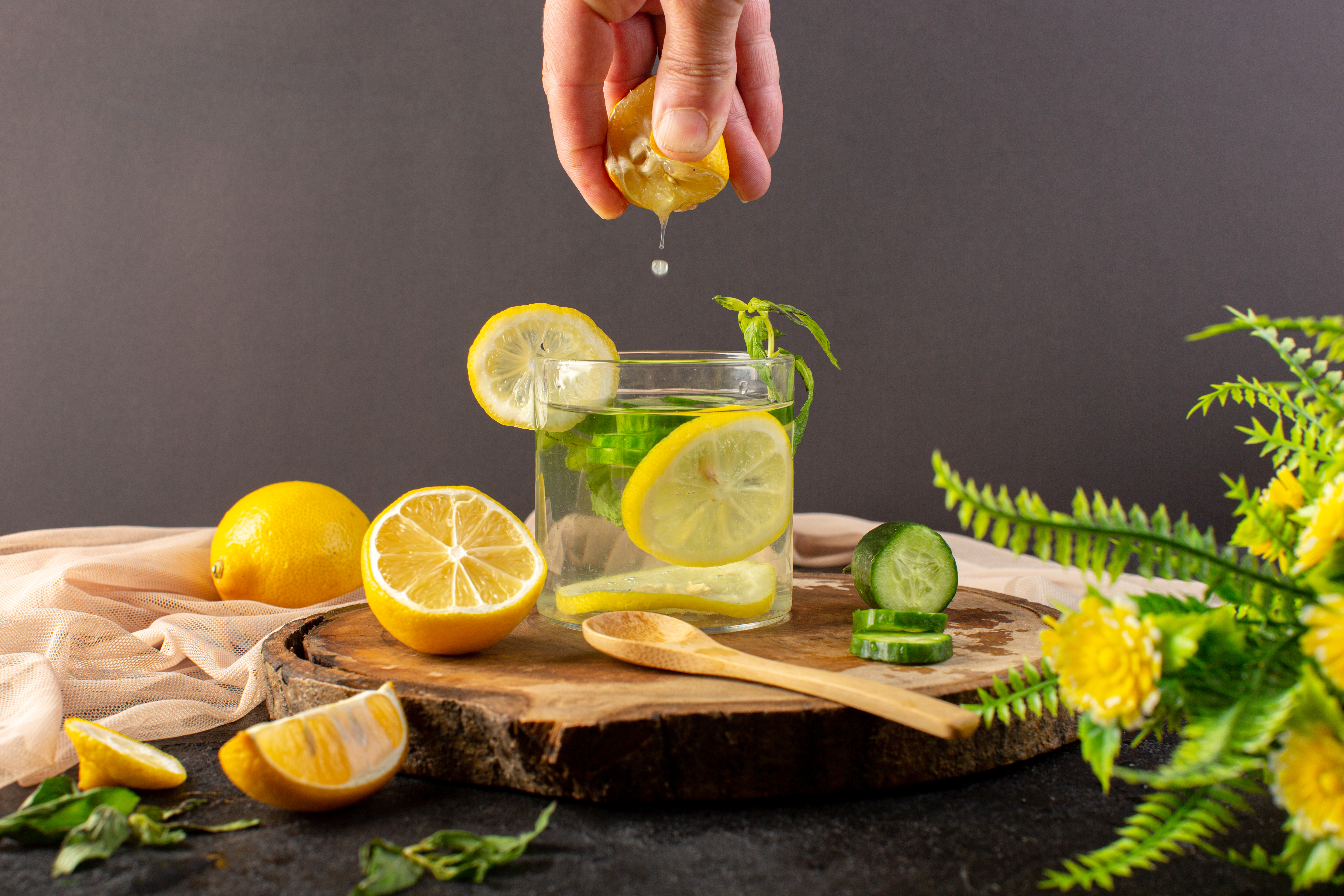
Caffeine is a stimulant that can temporarily increase blood pressure by causing the heart to beat faster and the blood vessels to constrict. While the effects of caffeine on blood pressure can vary among individuals, it's important to be mindful of your caffeine consumption, especially if you have high blood pressure. Limiting caffeine intake to no more than 400 milligrams per day, equivalent to about four cups of brewed coffee, can help manage blood pressure levels. If you're sensitive to caffeine, consider gradually reducing your intake to minimize withdrawal symptoms.
10. Incorporate Omega-3 Fatty Acids
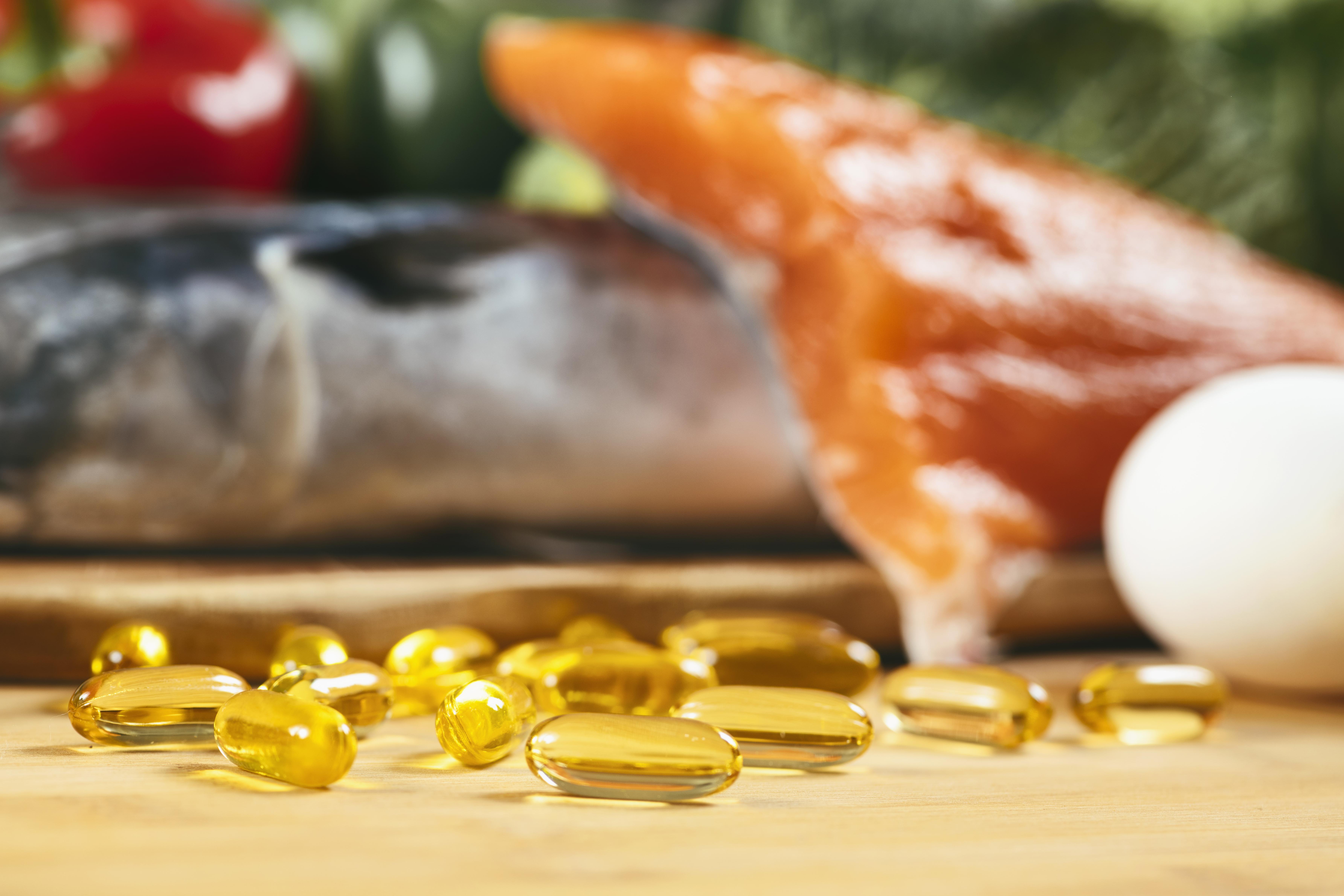
Omega-3 fatty acids are essential nutrients that have been shown to have numerous health benefits, including lowering blood pressure. These healthy fats are found in fatty fish, such as salmon, mackerel, and sardines, as well as in flaxseeds, chia seeds, and walnuts. Omega-3 fatty acids help reduce inflammation, improve heart health, and lower blood pressure by promoting the relaxation of blood vessels. Including omega-3-rich foods in your diet can have a positive impact on your blood pressure and overall health.
11. Foster Social Connections

Social connections and relationships play a vital role in overall health and well-being. Strong social support can help reduce stress and promote a sense of belonging, which can have a positive impact on blood pressure. Engaging in social activities, spending time with loved ones, and building a supportive network can help improve mental and emotional health, ultimately contributing to better blood pressure management. Volunteering, joining clubs, or participating in group activities can provide opportunities to connect with others and build meaningful relationships.
12. Embrace Potassium: The Sodium Balancer
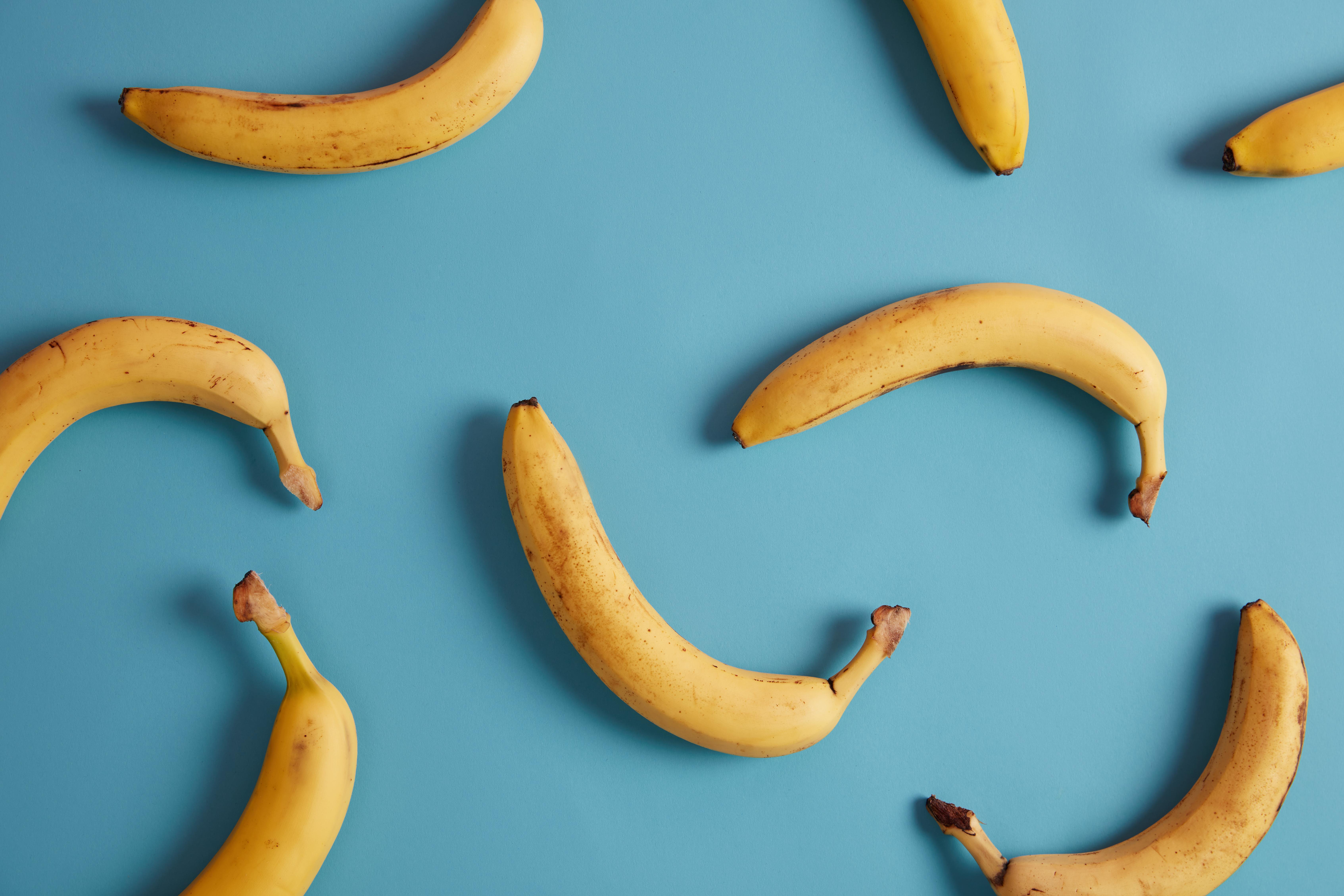
While reducing sodium is crucial, increasing your intake of potassium is an equally powerful, often overlooked, strategy for blood pressure control. Potassium helps to blunt the effects of sodium on the body by promoting its excretion through urine, thereby relaxing blood vessel walls. This isn't about supplements, but focusing on food sources. Load up on potassium-rich foods like bananas, sweet potatoes, spinach, avocados, white beans, and plain yogurt. Incorporating these into your daily diet creates a natural counterbalance to sodium, making it a powerful and delicious tweak for heart health.
13. Explore Magnesium: The Natural Muscle Relaxer
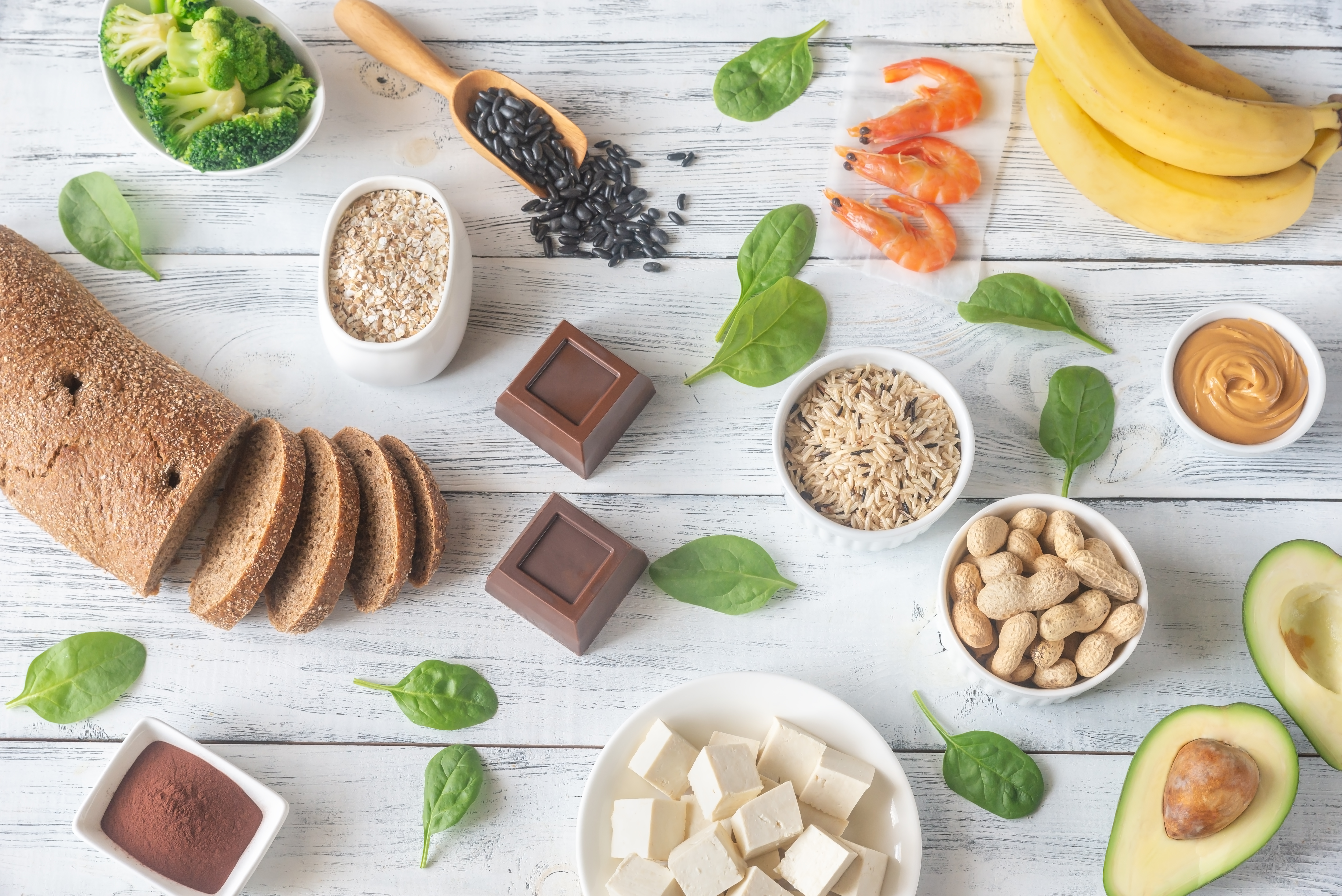
Magnesium, often called "nature's muscle relaxer," plays a vital role in blood pressure regulation by helping to relax and dilate blood vessels. Many people are deficient in this essential mineral, which can contribute to hypertension. Incorporating magnesium-rich foods into your diet can make a significant difference. Excellent sources include dark leafy greens (like kale and Swiss chard), nuts (almonds, cashews), seeds (pumpkin, chia), legumes, and whole grains. While supplements exist, prioritizing dietary magnesium is a gentler approach. This simple tweak supports healthy blood flow and can contribute to a noticeable drop in pressure.
14. Mindful Breathing: The Instant Pressure Reducer

Beyond general stress management, specific mindful breathing exercises can provide an immediate, albeit temporary, reduction in blood pressure. Techniques like diaphragmatic breathing (also known as belly breathing) activate the parasympathetic nervous system, signaling the body to relax. Practice inhaling slowly through your nose, letting your belly rise, then exhaling slowly through pursed lips. Even just 5-10 minutes of focused, deep, slow breathing a few times a day can help calm your nervous system, reduce heart rate, and lower blood pressure spikes. It's a free, accessible, and portable tool for immediate calm.
15. Incorporate Dark Chocolate (in Moderation!)
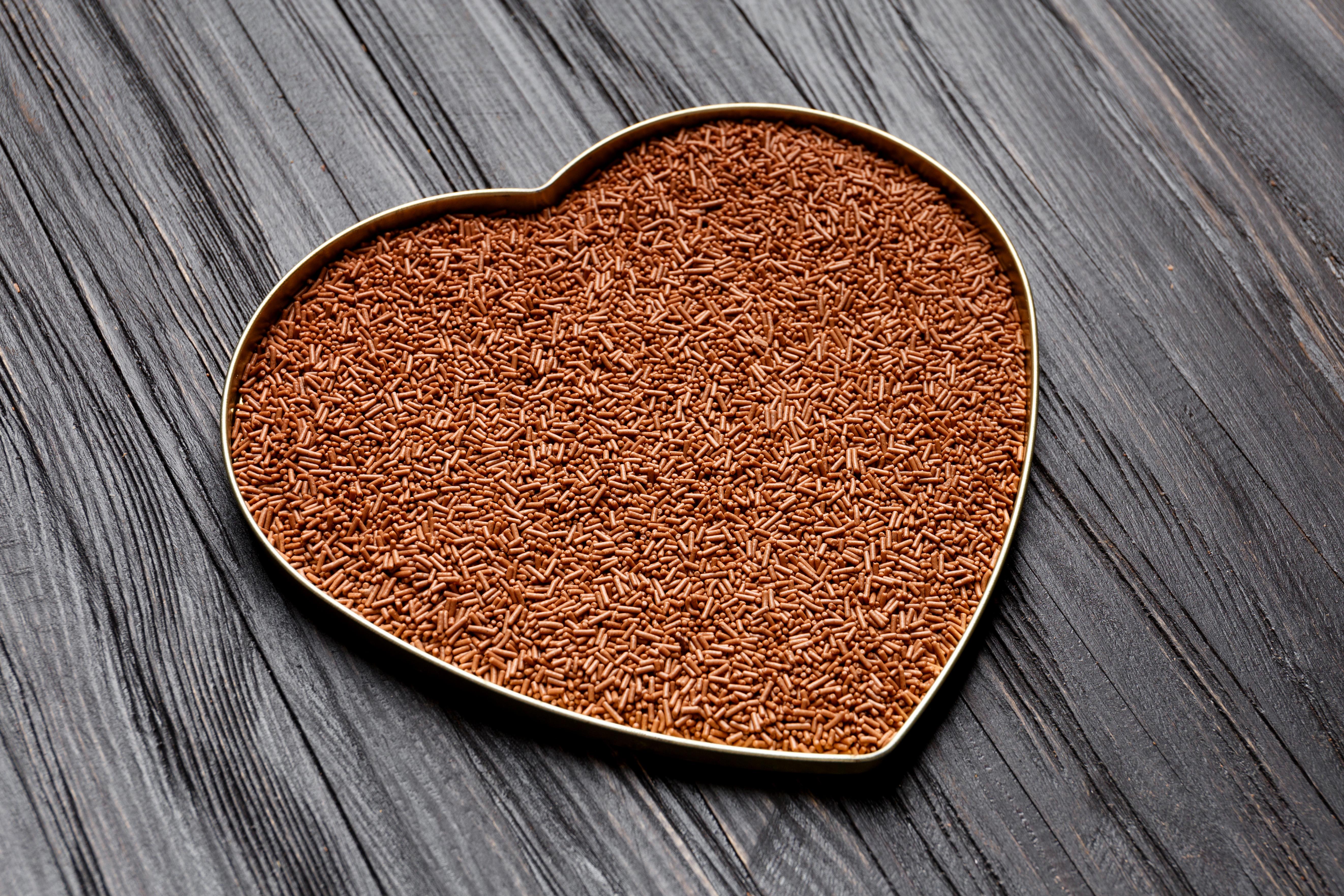
This might seem counterintuitive, but dark chocolate (specifically with 70% cacao or higher) can offer small, positive impacts on blood pressure when consumed in moderation. It contains flavonoids, plant compounds with antioxidant properties that can help improve blood vessel function and promote nitric oxide production, which aids in blood vessel relaxation. The key is strict moderation and choosing varieties with high cacao content and low sugar. A small square (1 oz) a few times a week can be a delightful and unexpected tweak that contributes to cardiovascular health, just don't overdo it!
16. The Power of Beetroot Juice
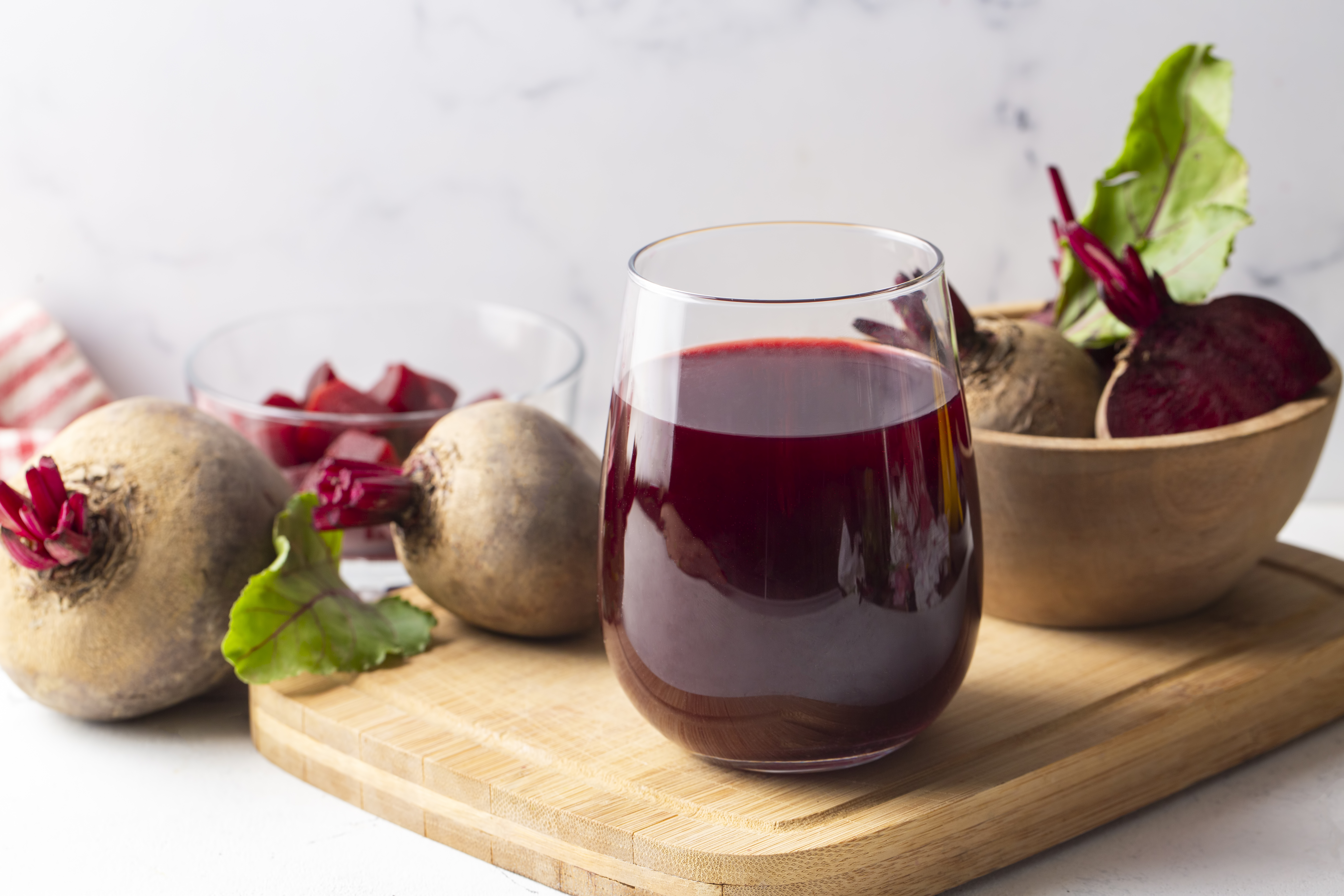
Beetroot juice is a potent natural vasodilator, meaning it helps to open up blood vessels. This effect comes from its high concentration of nitrates, which the body converts into nitric oxide – a gas that signals smooth muscle cells in arterial walls to relax, leading to lower blood pressure. Drinking a glass of beetroot juice daily can lead to a measurable reduction in both systolic and diastolic blood pressure. It's a simple, evidence-backed dietary tweak that can complement other lifestyle changes for effective hypertension management. Choose natural, unsweetened varieties.
17. Practice Intermittent Fasting (with caution & guidance)
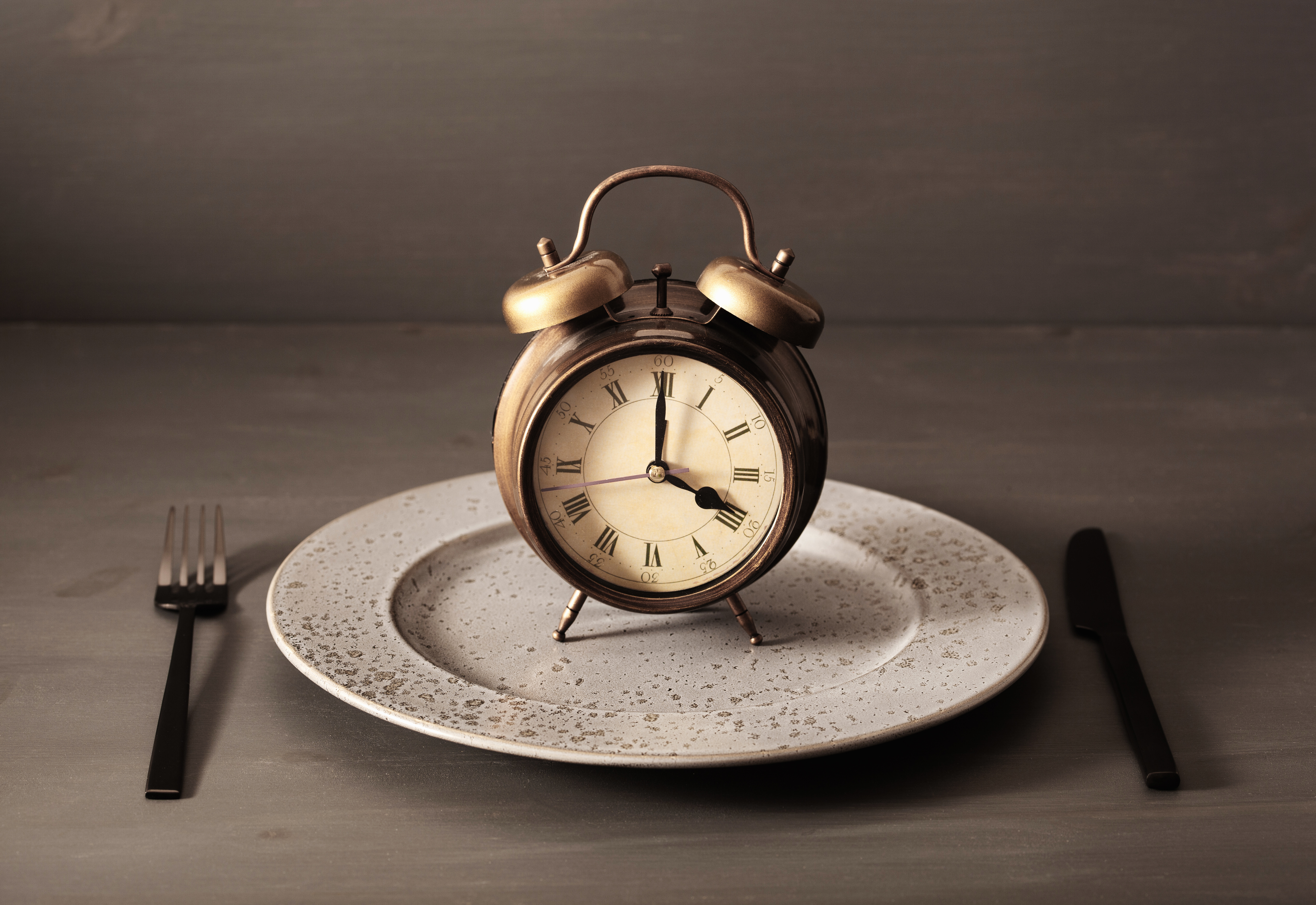
Emerging research suggests that intermittent fasting, an eating pattern that cycles between periods of eating and voluntary fasting, may contribute to lower blood pressure by improving insulin sensitivity and reducing oxidative stress. Common methods include 16/8 (fasting for 16 hours, eating within an 8-hour window) or 5:2 (eating normally for 5 days, restricting calories for 2). This tweak should always be discussed with a healthcare professional, especially if you have existing health conditions or take medications, but it offers a promising avenue for metabolic and cardiovascular benefits.
18. Embrace Regular Sunlight Exposure (Mindfully!)

While sun protection is crucial, adequate, non-burning sunlight exposure can surprisingly contribute to lower blood pressure. When sunlight hits the skin, it helps the body produce nitric oxide, a compound that relaxes blood vessels and lowers blood pressure. It also aids Vitamin D synthesis, which plays a role in cardiovascular health. Aim for 10-30 minutes of unprotected sun exposure (depending on skin type and time of day) before applying sunscreen. This natural tweak balances the need for sun protection with the benefits of mindful sun exposure for heart health.
19. Explore the Benefits of Hibiscus Tea
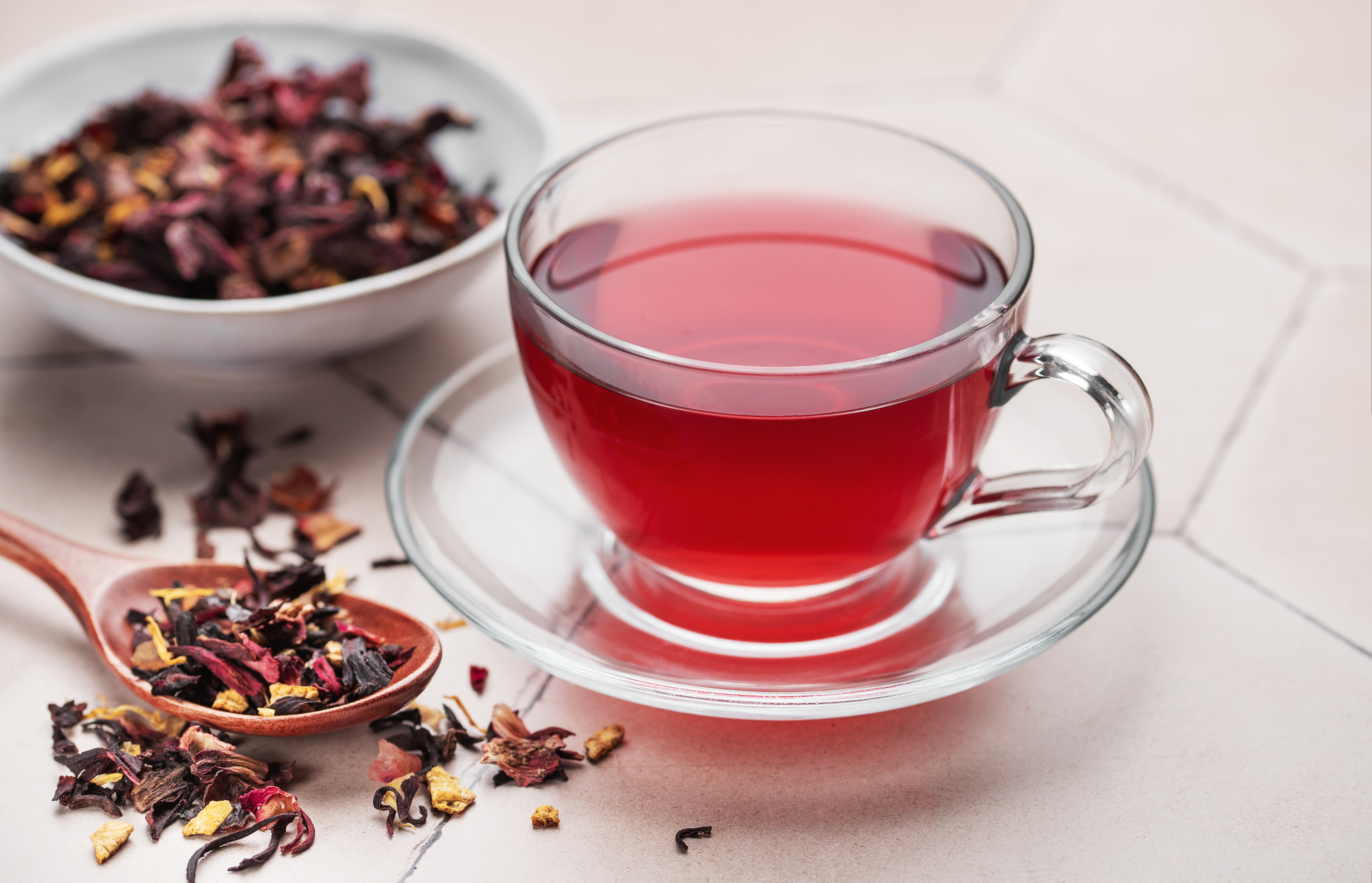
Hibiscus tea, made from the dried calyces of the Hibiscus sabdariffa plant, has been shown in several studies to significantly lower blood pressure. It acts as a natural ACE inhibitor, helping to relax blood vessels. Drinking 2-3 cups of hibiscus tea daily can be a flavorful and enjoyable ritual that contributes to blood pressure management. Choose unsweetened varieties and enjoy it hot or iced. This simple herbal tweak offers a delicious, natural way to support cardiovascular health, often with measurable results over time.
20. Cultivate a Strong Sense of Purpose and Meaning

Beyond physical tweaks, finding purpose and meaning in life has been linked to better health outcomes, including lower blood pressure. Engaging in activities that bring you joy, pursuing hobbies, volunteering, or contributing to your community can reduce stress and foster a sense of well-being. This deeper, psychological tweak impacts your overall stress response and emotional health, which directly influences your cardiovascular system. Cultivating purpose provides a powerful, sustained emotional benefit that translates into physiological calm and better blood pressure control.
21. Limit Ultra-Processed Foods and Hidden Sugars

Beyond obvious sodium, a major hidden culprit for high blood pressure is the prevalence of ultra-processed foods and hidden sugars. These items often contribute to weight gain, inflammation, and insulin resistance, all of which elevate blood pressure. By consciously limiting packaged snacks, sugary drinks, fast food, and meals with long ingredient lists, you reduce your intake of harmful additives and excessive sugars. This tweak focuses on the quality of your overall diet, addressing systemic issues that contribute to hypertension beyond just salt.
22. Focus on Nostril-Exclusive Breathing
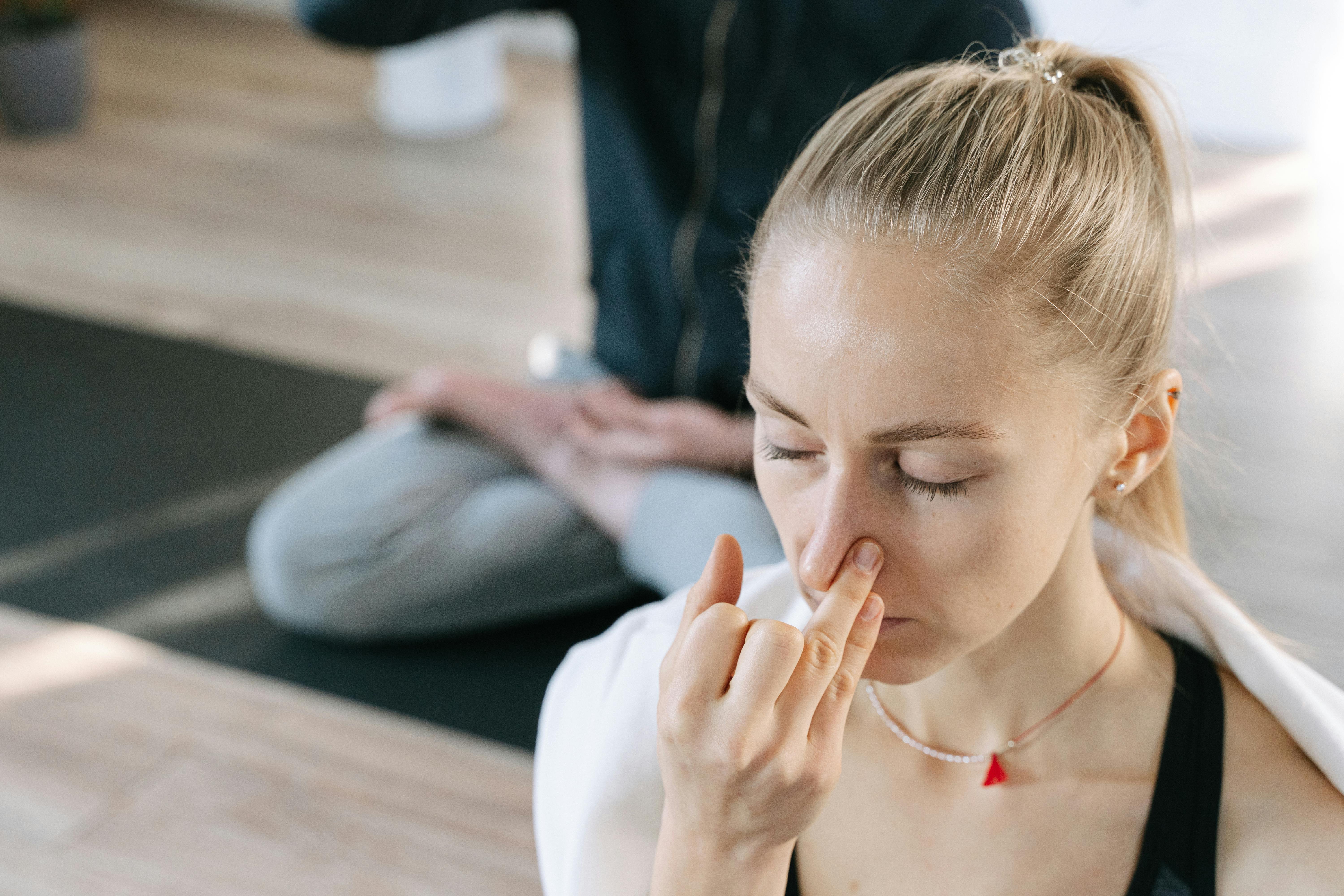
Many people unconsciously breathe through their mouths, especially during sleep or stress, which activates the sympathetic nervous system (fight-or-flight). A subtle, powerful tweak is training yourself to breathe primarily through your nose. Nostril breathing naturally slows the breath, increases nitric oxide production in the sinuses (a powerful vasodilator), and maximizes the efficiency of oxygen absorption. This simple switch activates the parasympathetic nervous system (rest-and-digest), calming your body's stress response, reducing heart rate, and promoting a sustained lowering of blood pressure over time.
23. Incorporate Iso-Tonic Handgrip Exercise
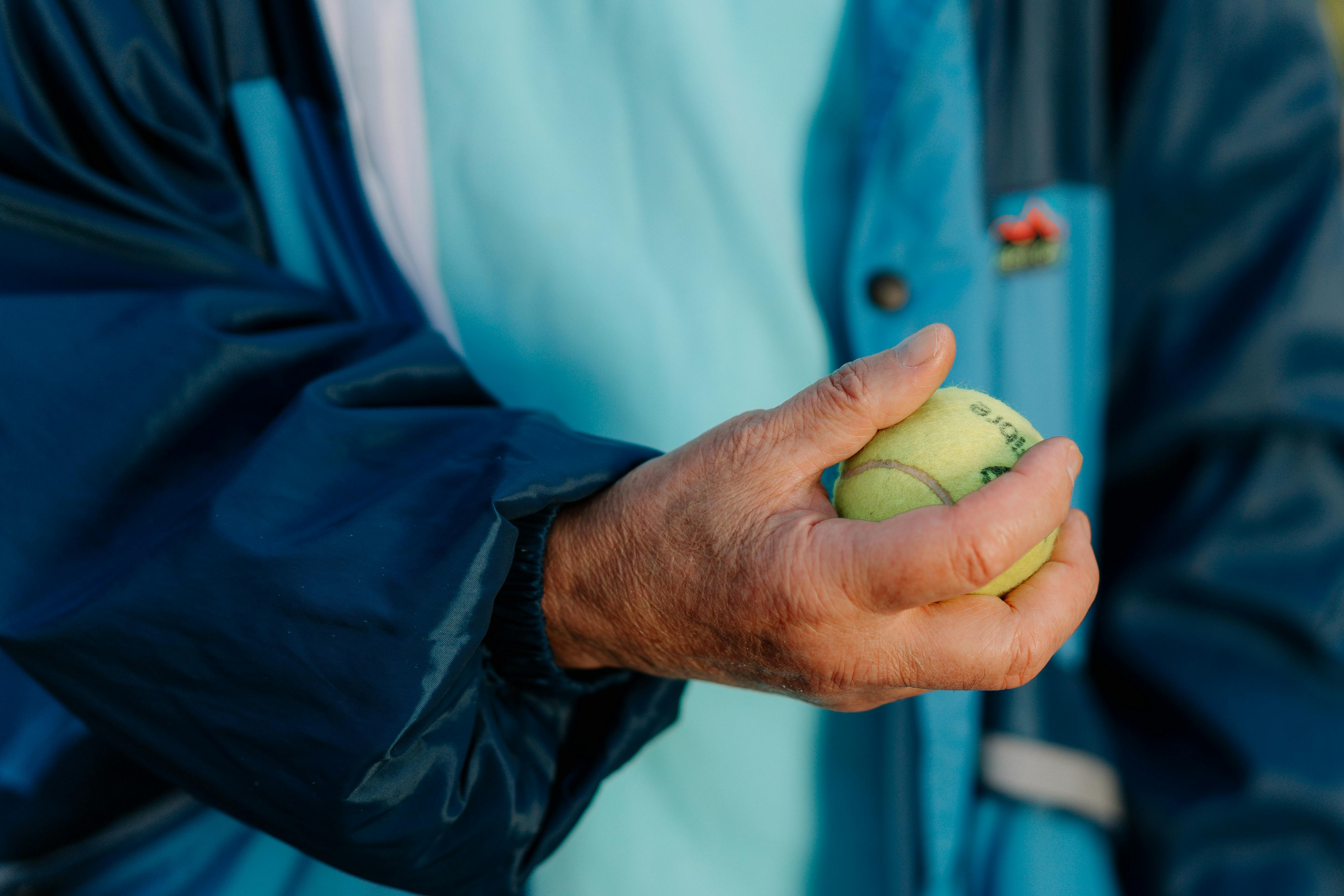
This is a specific, evidence-backed exercise tweak that requires minimal effort. Iso-Tonic handgrip training involves briefly and repeatedly gripping a small hand dynamometer or stress ball at about 30% of your maximum strength for two minutes, followed by a minute of rest, repeated four times, several times a week. Studies show this isometric exercise significantly and measurably lowers resting blood pressure over several weeks by increasing the elasticity of your arteries. It’s a convenient, low-impact method that can be done while sitting and targets the vascular system directly.
24. Embrace the Bitter Flavor (A Taste Re-Education)
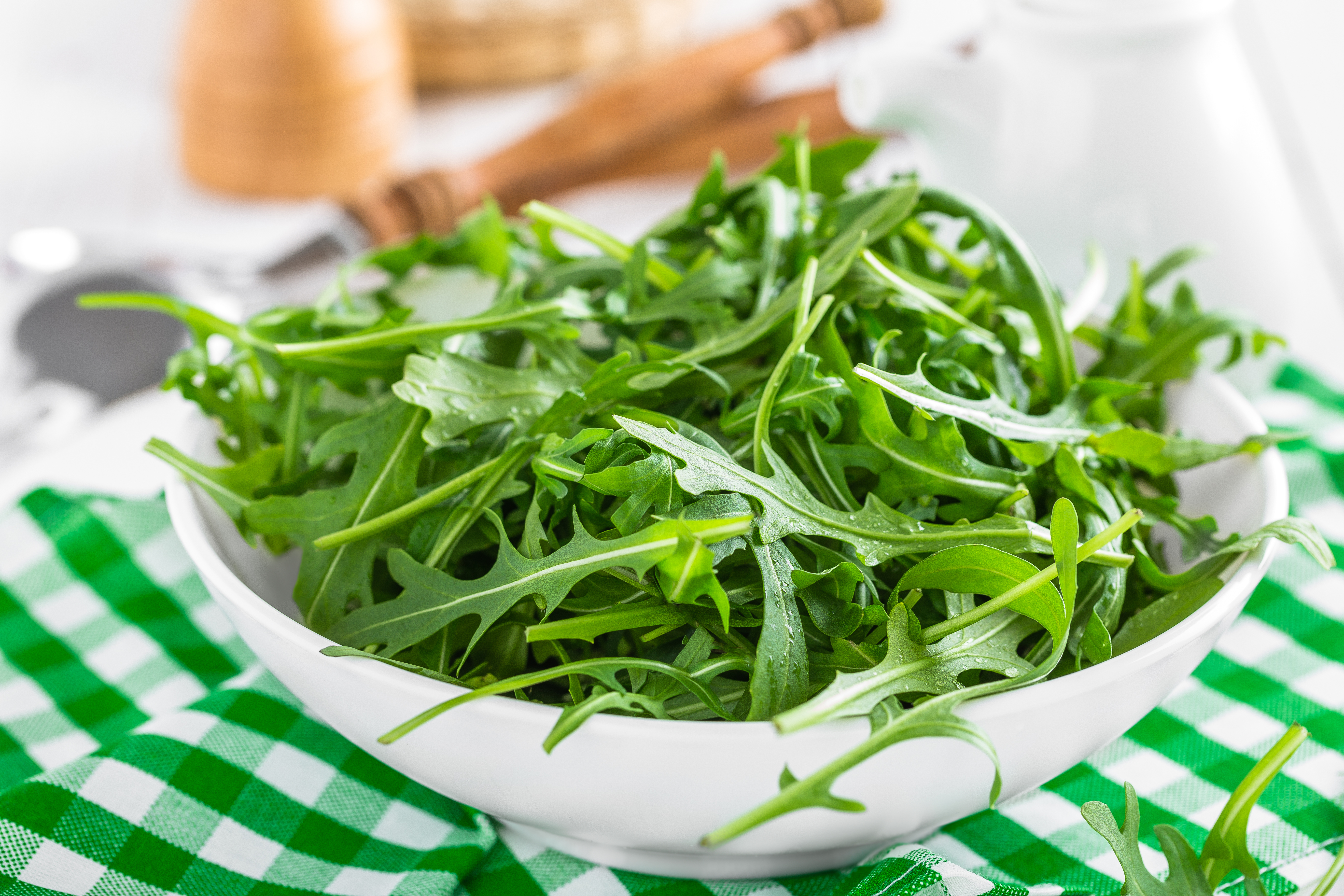
Bitter-tasting foods—such as arugula, radicchio, dark leafy greens, or dandelion greens—are often avoided, but they are incredibly beneficial. The bitterness signals the body to increase bile production, which is crucial for metabolizing cholesterol and lipids, improving overall heart health. More subtly, the bitter flavor can help curb sugar cravings and reduce the consumption of hyper-palatable processed foods (a major driver of hypertension). Making an effort to incorporate bitter greens into your daily salad or having a few raw walnuts subtly re-educates your palate toward healthier, less inflammatory choices.
25. Use Essential Oil Diffusion for Aromatic Calm

Beyond meditation, the targeted use of aromatic essential oils can offer a neurological pathway to lower blood pressure. Diffusing or inhaling certain scents, particularly Lavender, Ylang Ylang, or Bergamot, has been shown to induce immediate relaxation by directly interacting with the limbic system of the brain. This simple, pleasant tweak helps to modulate the stress axis, reducing the release of adrenaline and cortisol—hormones that constrict blood vessels and elevate pressure. Using a diffuser while winding down in the evening can make a calming ritual out of lowering your nighttime blood pressure naturally.
26. Prioritize Gut Health with Prebiotic Fiber
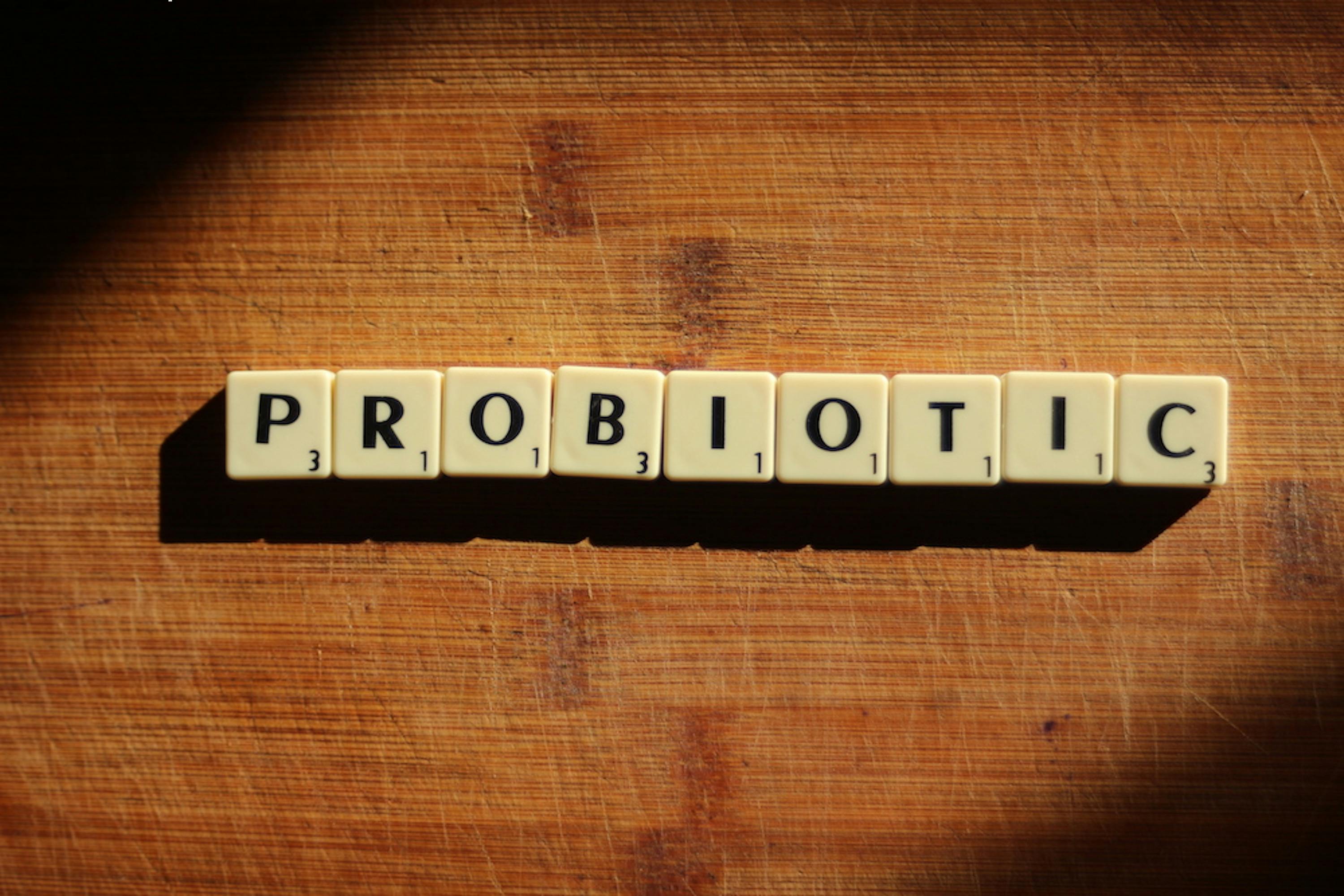
An increasingly recognized factor in hypertension is the health of the gut microbiome. Focusing on prebiotic fiber (found in oats, garlic, onions, bananas, and artichokes) feeds beneficial gut bacteria, which then produce short-chain fatty acids (SCFAs). These SCFAs enter the bloodstream and play a regulatory role in the cardiovascular system, reducing inflammation and helping to modulate blood pressure. Treating the gut as an essential, indirect partner in blood pressure control offers a deeper, more systemic solution than simply restricting salt. Gradually increase your intake of these prebiotic foods for long-term arterial benefits.
27. Incorporate Iso-Tonic Handgrip Exercise for Vascular Strength

This is an evidence-backed, low-impact exercise tweak that targets the vascular system directly. Iso-Tonic handgrip training involves briefly and repeatedly gripping a small hand dynamometer or a firm stress ball at about 30% of your maximum strength for two minutes, followed by a minute of rest, and repeating this sequence four times, several times a week. Studies show this isometric exercise significantly and measurably lowers resting blood pressure over several weeks by increasing the elasticity and improving the function of your arteries. It’s a convenient, portable, and time-efficient method that can be done while sitting, offering a mechanical pathway to better blood flow and reduced strain on the heart.
28. Explore the Power of Hibiscus Tea as a Natural ACE Inhibitor

Hibiscus tea, made from the dried calyces of the Hibiscus sabdariffa plant, is far more than a simple herbal drink; it acts as a natural Angiotensin-Converting Enzyme (ACE) inhibitor. Research has consistently shown that regularly drinking 2-3 cups of this ruby-red beverage daily can significantly lower both systolic and diastolic blood pressure. It works by interfering with the hormonal pathway that typically constricts blood vessels, helping them to relax and widen. This simple, flavorful, and enjoyable ritual provides a delicious, natural way to support cardiovascular health, often yielding measurable results over time. Ensure you choose unsweetened varieties to reap the full benefits.
29. Prioritize Gut Health with Prebiotic Fiber
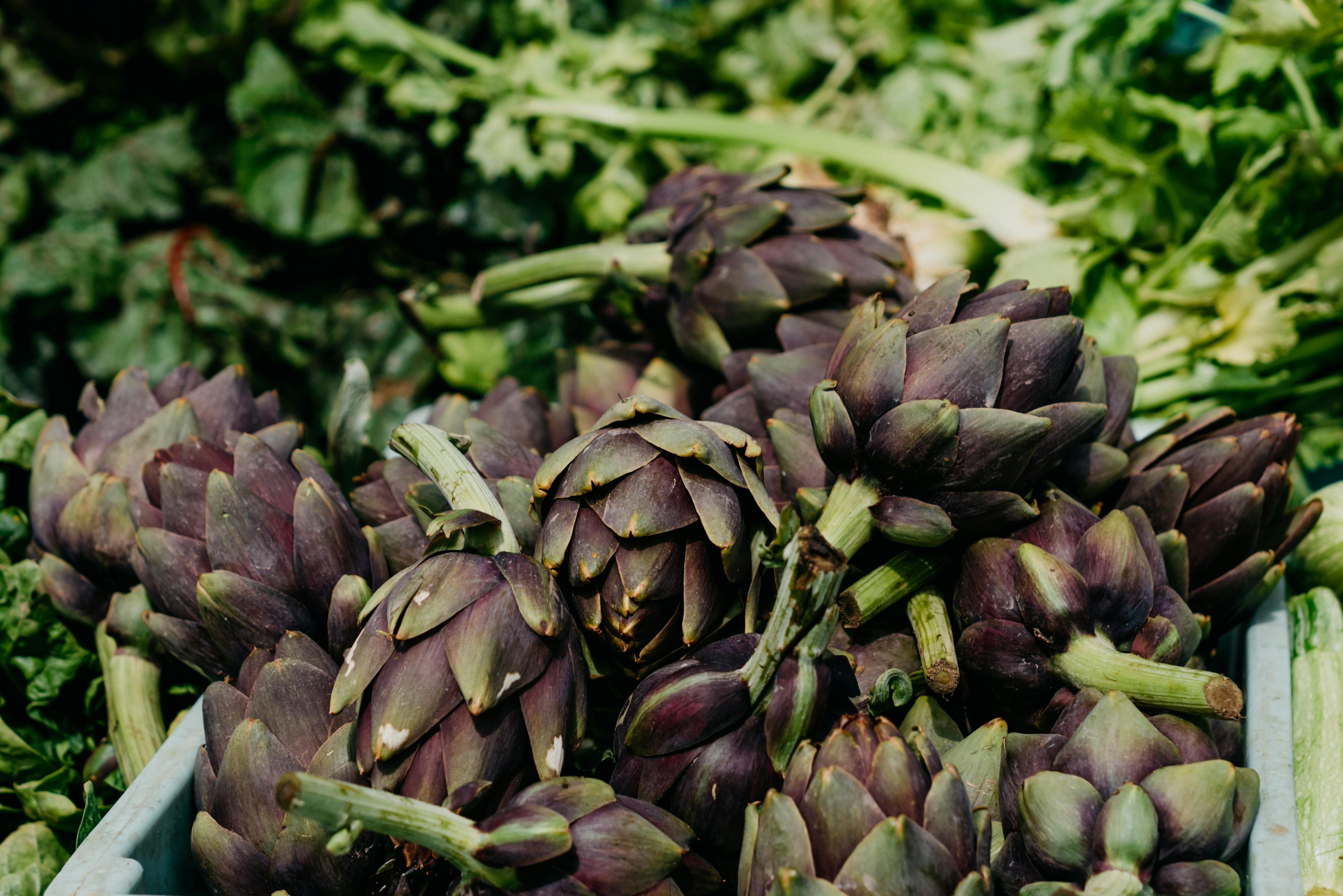
An increasingly recognized, deeper factor in systemic health and hypertension is the status of your gut microbiome. Focusing on prebiotic fiber—found abundantly in oats, garlic, onions, slightly green bananas, and artichokes—feeds the beneficial bacteria in your digestive tract. These bacteria then produce beneficial compounds called short-chain fatty acids (SCFAs). When absorbed into the bloodstream, these SCFAs play a crucial regulatory role in the cardiovascular system, actively helping to reduce chronic inflammation and modulate blood pressure. Treating the gut as an essential, indirect partner offers a profound, systemic solution that goes beyond traditional dietary restrictions for long-term arterial benefits.
30. Mindful Listening to Calming Music (432 Hz)

Beyond general relaxation and meditation, the specific act of mindful listening to music set at a particular frequency can offer physiological benefits. Music tuned to 432 Hz, often called the “Verdi A,” is thought by some researchers to resonate harmonically with the body, inducing a deeper state of calm and relaxation than standard musical tuning (440 Hz). Creating a deliberate 15-20 minute daily habit of quietly listening to calming, instrumental music at this frequency can help activate the parasympathetic nervous system. This small, consistent neurological tweak helps to slow your heart rate and breathing, modulating the body’s stress response and promoting a sustained lowering of your resting blood pressure.
31. Focus on Nostril-Exclusive Breathing for Nitric Oxide Maximation

Many people unconsciously breathe through their mouths, especially during sleep or stress, which activates the sympathetic nervous system (the fight-or-flight response). A subtle yet incredibly powerful tweak is training yourself to breathe primarily and exclusively through your nose. Nostril breathing naturally slows the breath and, critically, increases the production of nitric oxide within the sinuses—a gas that is a powerful vasodilator, meaning it helps to open blood vessels. This simple switch activates the parasympathetic nervous system (rest-and-digest), calming your body's stress response, reducing heart rate, and promoting a sustained lowering of blood pressure by maximizing the efficiency of your internal mechanics.
32. Practice Cold Exposure (Brief, Controlled)
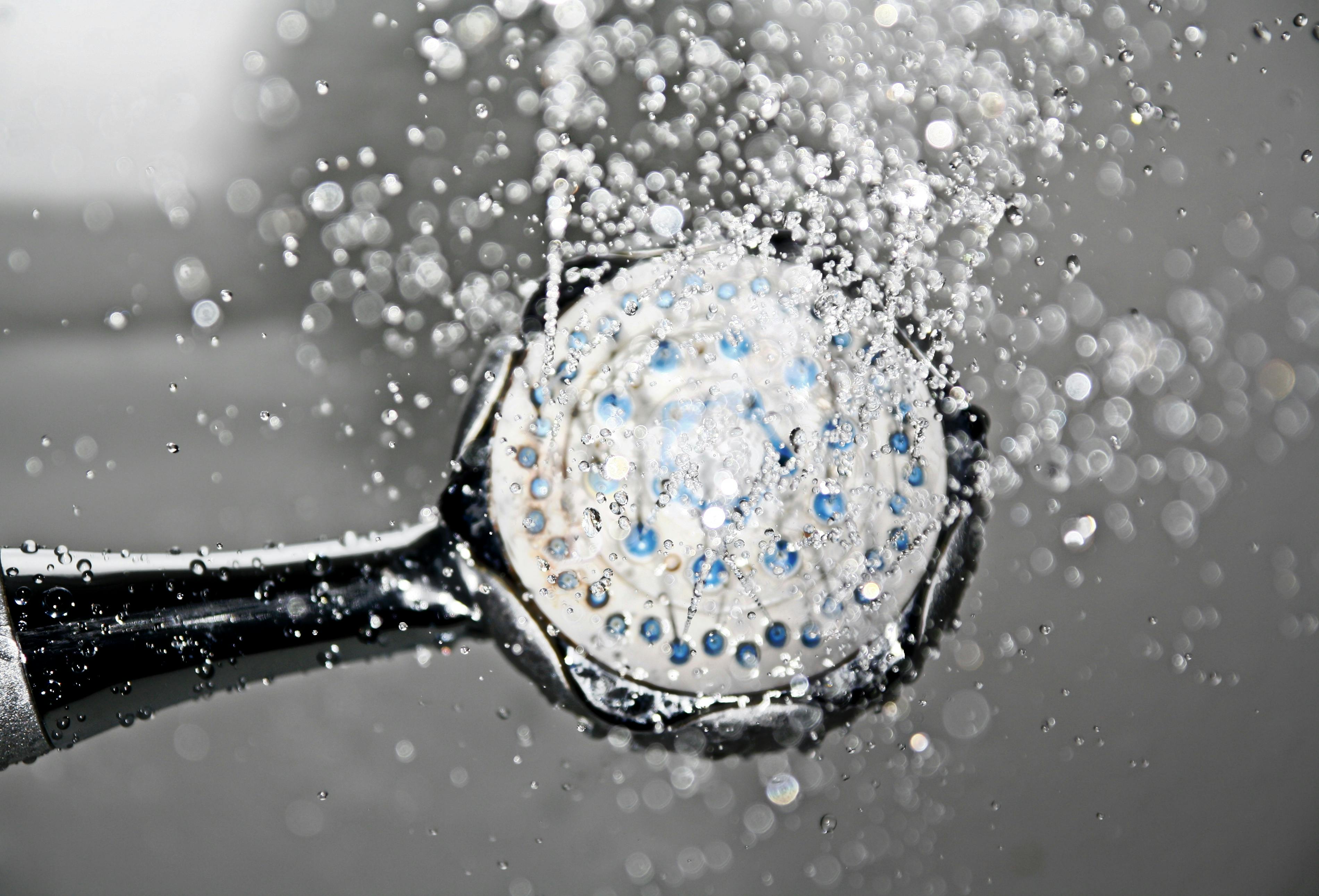
A seemingly counterintuitive but powerful tweak is introducing brief, controlled cold exposure—like ending your shower with 30-60 seconds of cold water. While cold initially raises blood pressure, the body adapts rapidly. Regular exposure enhances the body's vagal tone, strengthening the parasympathetic nervous system (the "rest and digest" mode) over the "fight or flight" response. Over time, this daily shock trains your vascular system to become more resilient and better regulated, leading to a lower resting heart rate and better blood pressure control. This neurological reset is a quick, invigorating ritual for vascular health.
33. Humming or Gargling to Stimulate the Vagus Nerve

The Vagus nerve is the main regulator of your heart rate and blood pressure. You can manually stimulate it through simple vibrations. Humming or vigorous gargling activates the nerve endings in the throat, sending a calming signal directly to the brain and heart. This technique provides a quick, portable way to deliberately shift the nervous system from sympathetic (stressed) to parasympathetic (relaxed), helping to immediately and temporarily lower blood pressure spikes. Making this a daily habit, perhaps gargling deeply before brushing your teeth, offers a free, immediate biofeedback tool for neurological calm.
34. The 90/90 Rule for Prolonged Sitting

Sitting incorrectly for long periods can negatively impact blood pressure by straining the vascular system and compressing major arteries. The 90/90 Rule is a postural hack: ensure your hips are bent at 90 degrees and your knees are bent at 90 degrees, with your feet flat on the floor. Crucially, your chair should allow you to avoid crossing your legs, which temporarily elevates pressure. Consistently maintaining this neutral, uncompressed posture while working promotes unrestricted blood flow and minimizes the vascular resistance caused by poor sitting habits, acting as a crucial, ongoing preventative measure.
35. Increase Dietary Sulfur (Garlic/Onion Precursors)
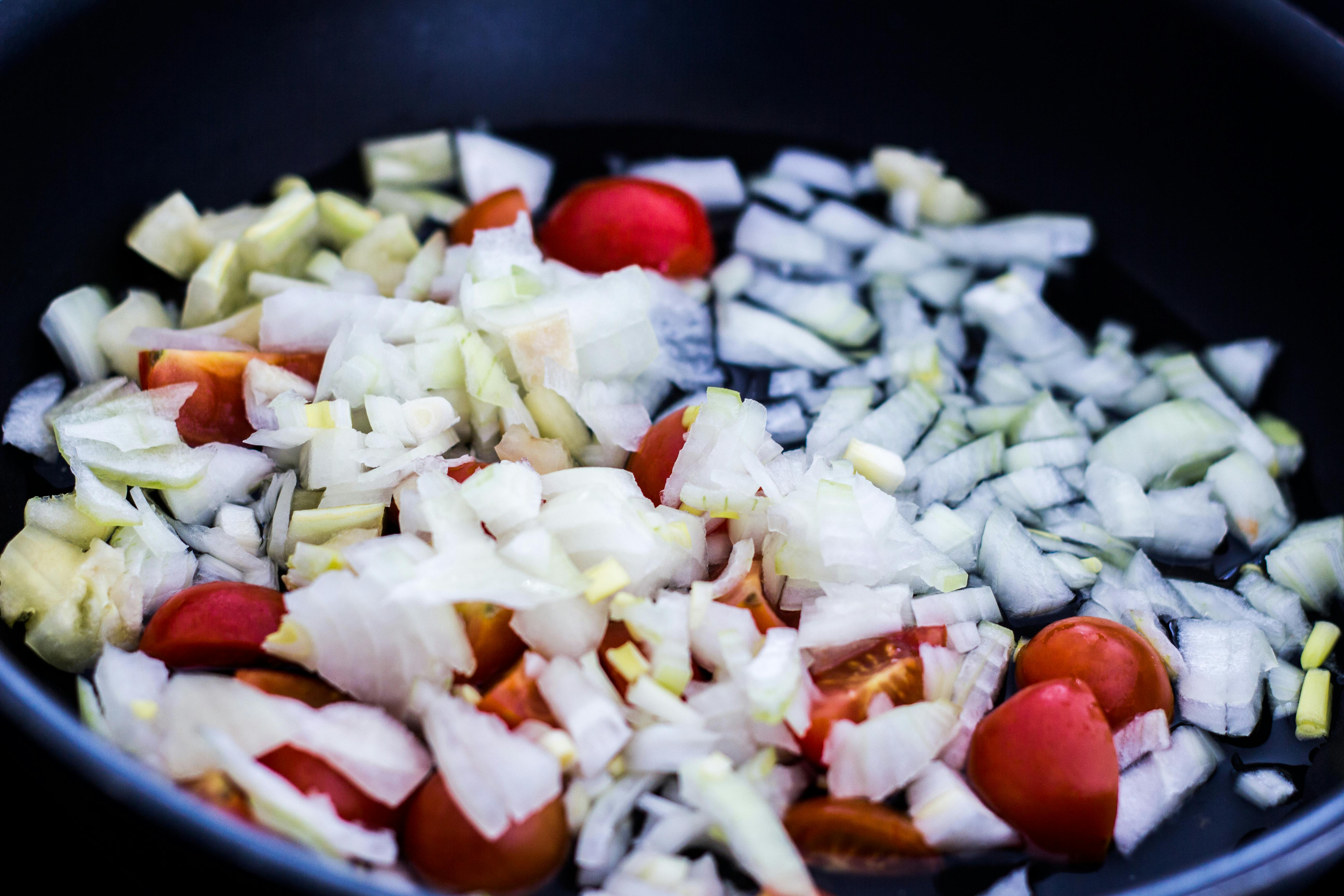
Beyond the well-known allicin in garlic, focusing on dietary sulfur compounds found in alliums (onions, leeks, chives) and cruciferous vegetables (broccoli, cabbage) is a deeper, structural tweak. Sulfur is essential for the production of hydrogen sulfide (H2S) in the body, a natural gas molecule that acts as a potent vasorelaxant and anti-inflammatory agent. Ensuring you cook with these pungent, sulfur-rich ingredients daily—not just for flavor, but for their direct vascular support—provides a consistent, systemic method to maintain arterial flexibility and promote healthy, open blood flow.
36. Wear Noise-Cancelling Headphones in Busy Environments

Environmental stress—specifically chronic noise pollution—is a proven contributor to elevated long-term blood pressure, as it keeps the nervous system on constant alert. Adopting the proactive habit of wearing noise-cancelling headphones in high-decibel areas (on public transit, in open offices, or during busy commutes) helps to minimize this auditory stress load. By filtering out unpredictable, loud, or jarring sounds, you reduce the underlying cortisol and adrenaline release that drives chronic hypertension, providing a modern, often-necessary environmental buffer for maintaining a lower, more relaxed resting blood pressure.
37. Focus on Manganese for Vascular Enzyme Support
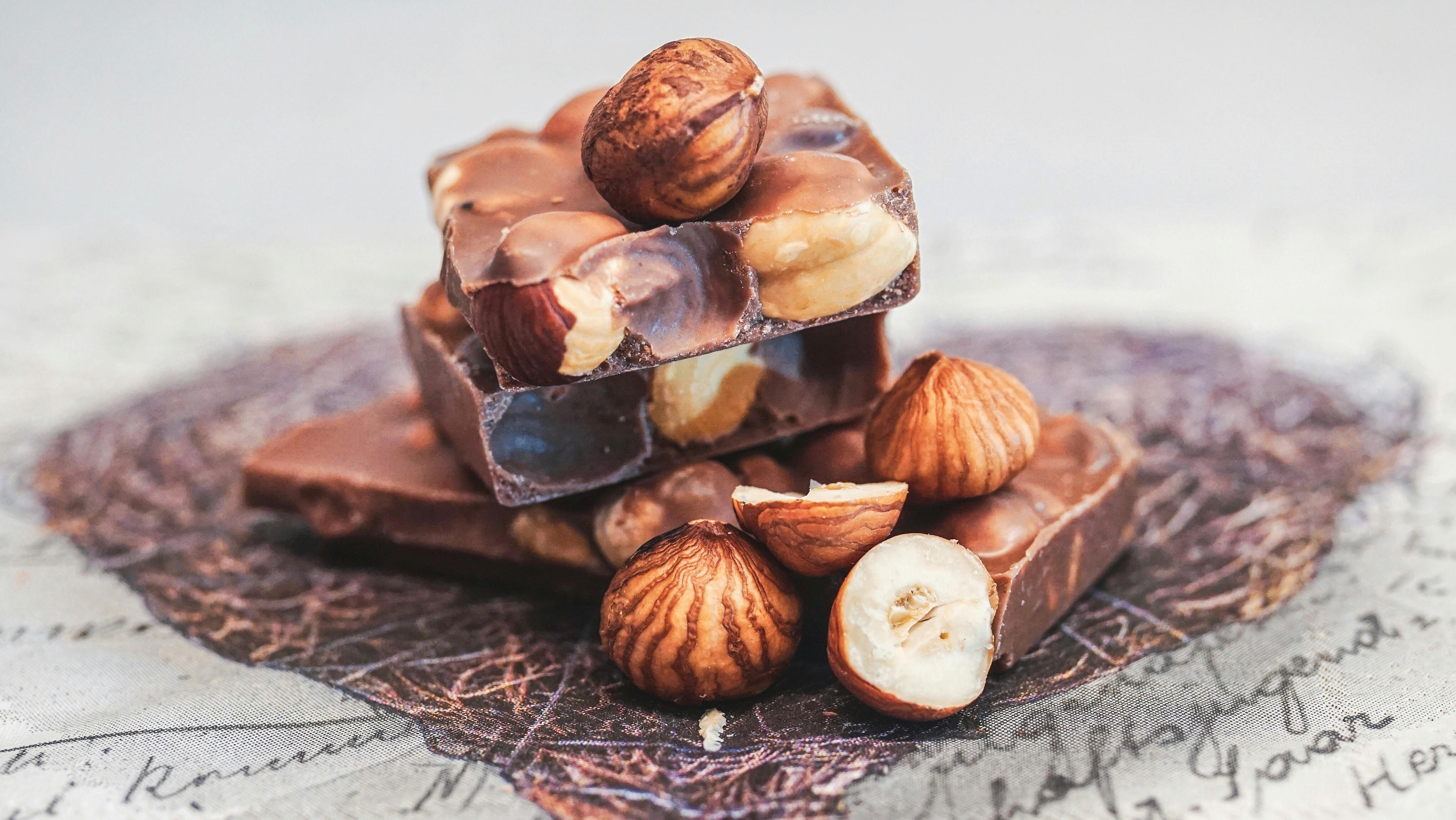
Manganese is an essential trace mineral that plays a crucial, yet often overlooked, role in maintaining the health and elasticity of your arteries. It acts as a necessary cofactor for enzymes responsible for producing connective tissue and superoxide dismutase (SOD), one of the body's most powerful internal antioxidants. SOD is vital for neutralizing free radicals that attack blood vessel walls, leading to stiffness and high blood pressure. Ensuring adequate intake of manganese—found in pecans, hazelnuts, whole wheat, and dark leafy vegetables—supports the internal defense mechanisms that keep your arteries flexible and responsive as you age.
38. Daily Gargling and Humming to Activate the Vagus Nerve
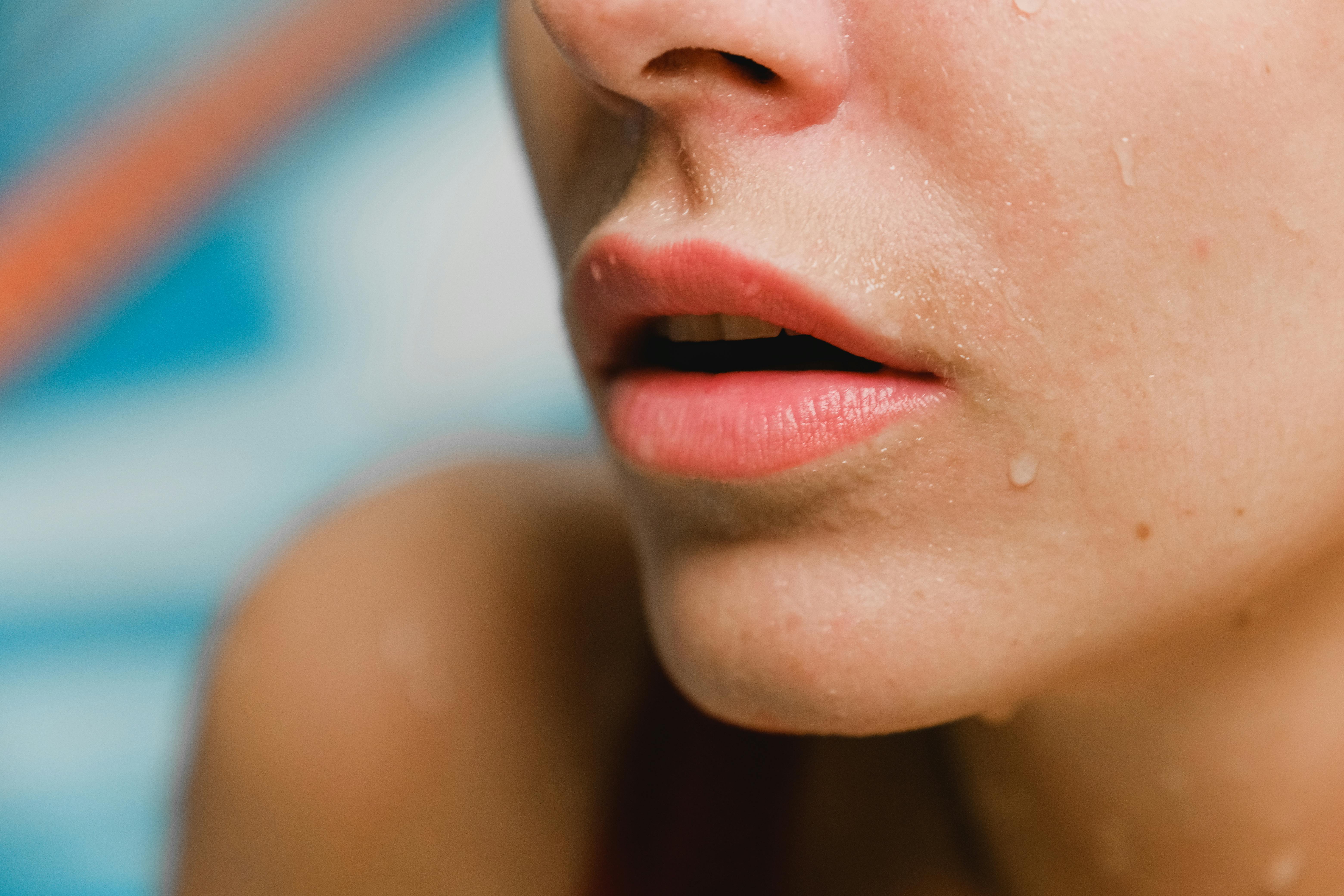
The Vagus Nerve is the main regulator of the parasympathetic nervous system, which controls the "rest and digest" state that lowers heart rate and blood pressure. You can manually and immediately stimulate this nerve through simple vibrations in the throat. Vigorous gargling until your eyes tear up, or deep, resonant humming for a minute, activates the nerve endings that pass near the throat and vocal cords. Making this a daily habit—for instance, gargling after brushing your teeth—sends a direct, calming signal to the brain, providing a powerful, immediate, and drug-free way to interrupt stress cycles and manually initiate a rapid reduction in your body's state of tension.
39. Prioritize the 90/90 Rule for Prolonged Sitting

In our increasingly sedentary world, incorrect sitting posture can insidiously raise blood pressure by compressing major arteries and straining the vascular system. The 90/90 Rule is a crucial postural hack: ensure your hips are bent at 90 degrees and your knees are bent at 90 degrees, with your feet flat on the floor. Crucially, avoid the common habit of crossing your legs, as this is known to temporarily and repeatedly elevate blood pressure readings. Consistently maintaining this neutral, uncompressed posture minimizes vascular resistance and promotes unrestricted blood flow, acting as an essential, ongoing preventative measure against postural hypertension buildup throughout your workday.
40. Optimize Nighttime Room Temperature
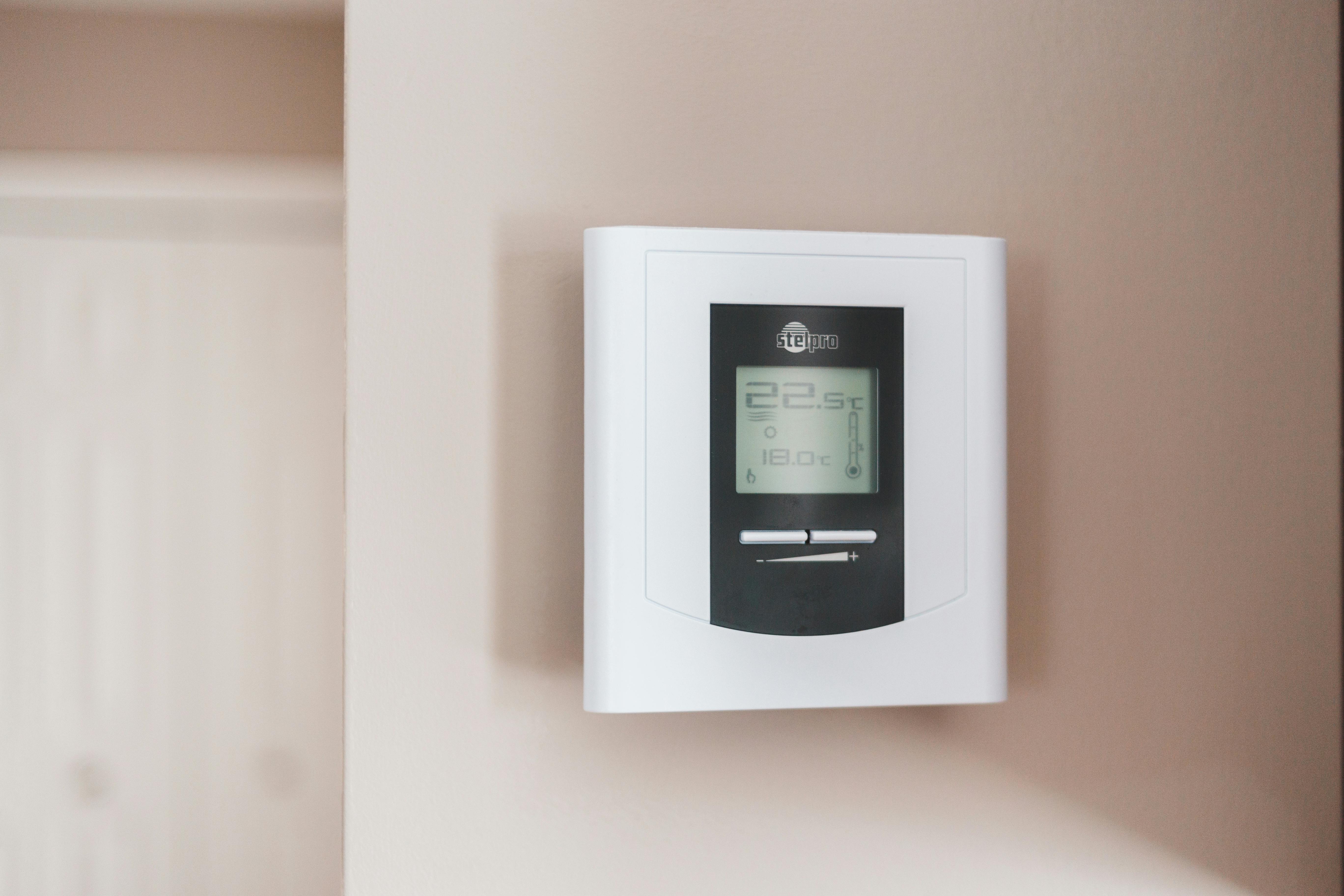
The temperature of your sleeping environment has a direct, measurable impact on your nighttime blood pressure dip, a phase known as "nocturnal dipping" that is vital for cardiovascular rest. Sleeping in a slightly cooler room (typically between 60 F and 67 F, or 15 C and 19 C) promotes better, deeper sleep quality and signals the body to relax. Conversely, a room that is too warm can disrupt sleep and prevent the natural, necessary drop in blood pressure. Making the simple environmental tweak of ensuring your bedroom is consistently cool is a powerful, passive way to maximize your body's essential nighttime opportunity for cardiovascular repair and blood pressure reduction.
41. Increase Dietary Sulfur for Arterial Elasticity
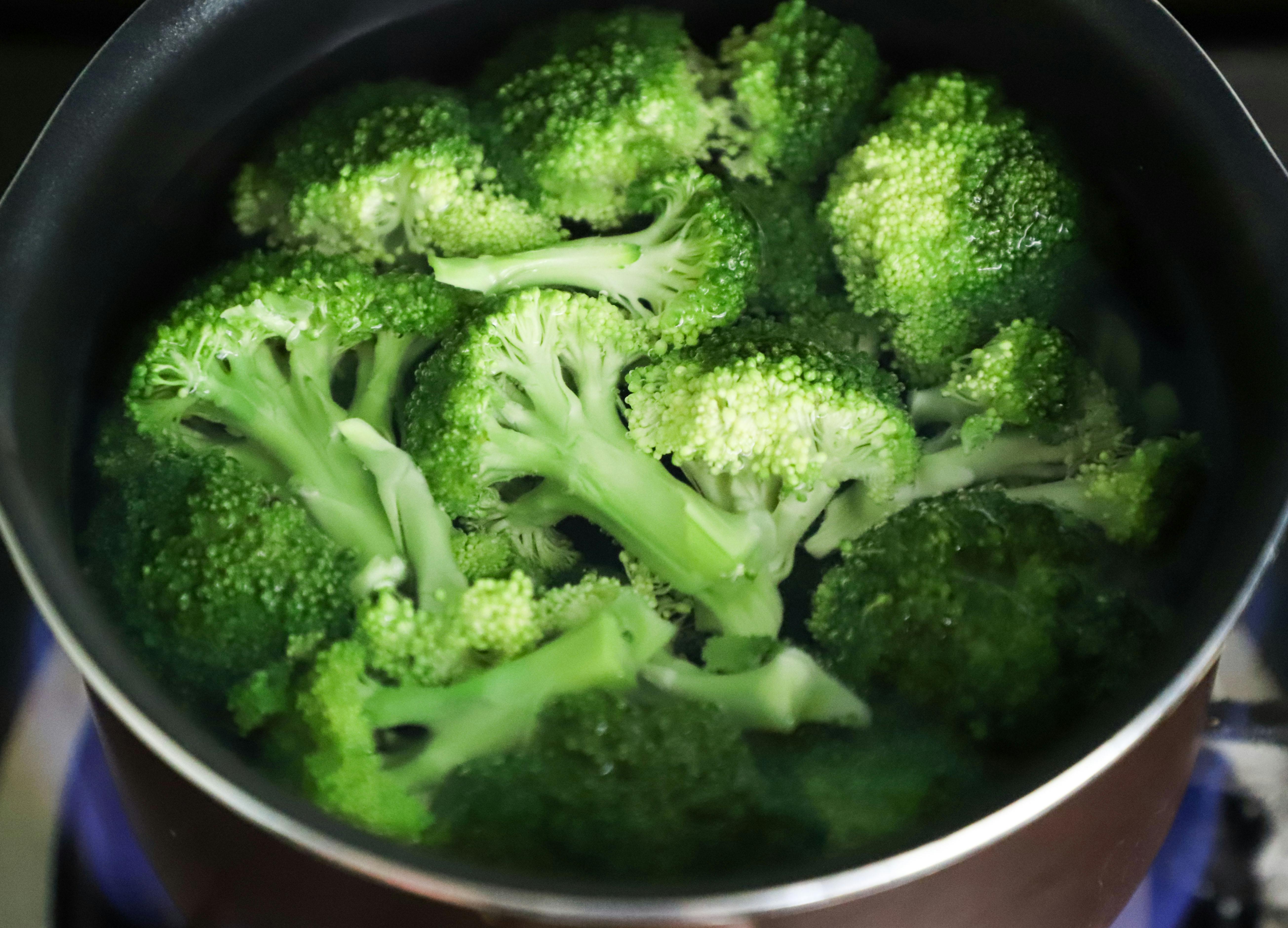
Beyond the well-known allicin in garlic, focusing on dietary sulfur compounds found abundantly in alliums (onions, leeks, chives) and cruciferous vegetables (broccoli, cabbage) provides a deeper, structural tweak for your arteries. Sulfur is a fundamental chemical building block necessary for the body's production of hydrogen sulfide (H2S). This naturally produced gas molecule acts as a potent vasorelaxant (blood vessel widener) and an anti-inflammatory agent. Consistently cooking with these pungent, sulfur-rich ingredients supports the underlying chemical and structural integrity of your arteries, promoting healthy elasticity and sustained blood flow.
42. Mindful Gazing (Trataka) for Ocular & Systemic Calm

Beyond meditation, incorporating a daily 5-10 minute practice of mindful gazing (Trataka)—focusing softly on a candle flame or a distant, fixed point—can profoundly influence the nervous system. This practice is used in some traditions to calm the oculocardiac reflex, which links eye movement and focus to heart rate regulation. By reducing the visual strain and rapid shifts that keep the sympathetic nervous system active, you cue a deep, sustained relaxation response. This helps lower heart rate variability and heart rate, which translates into reduced vascular tension and a lower resting blood pressure.
43. Consume Folate (B9) for Homocysteine Regulation
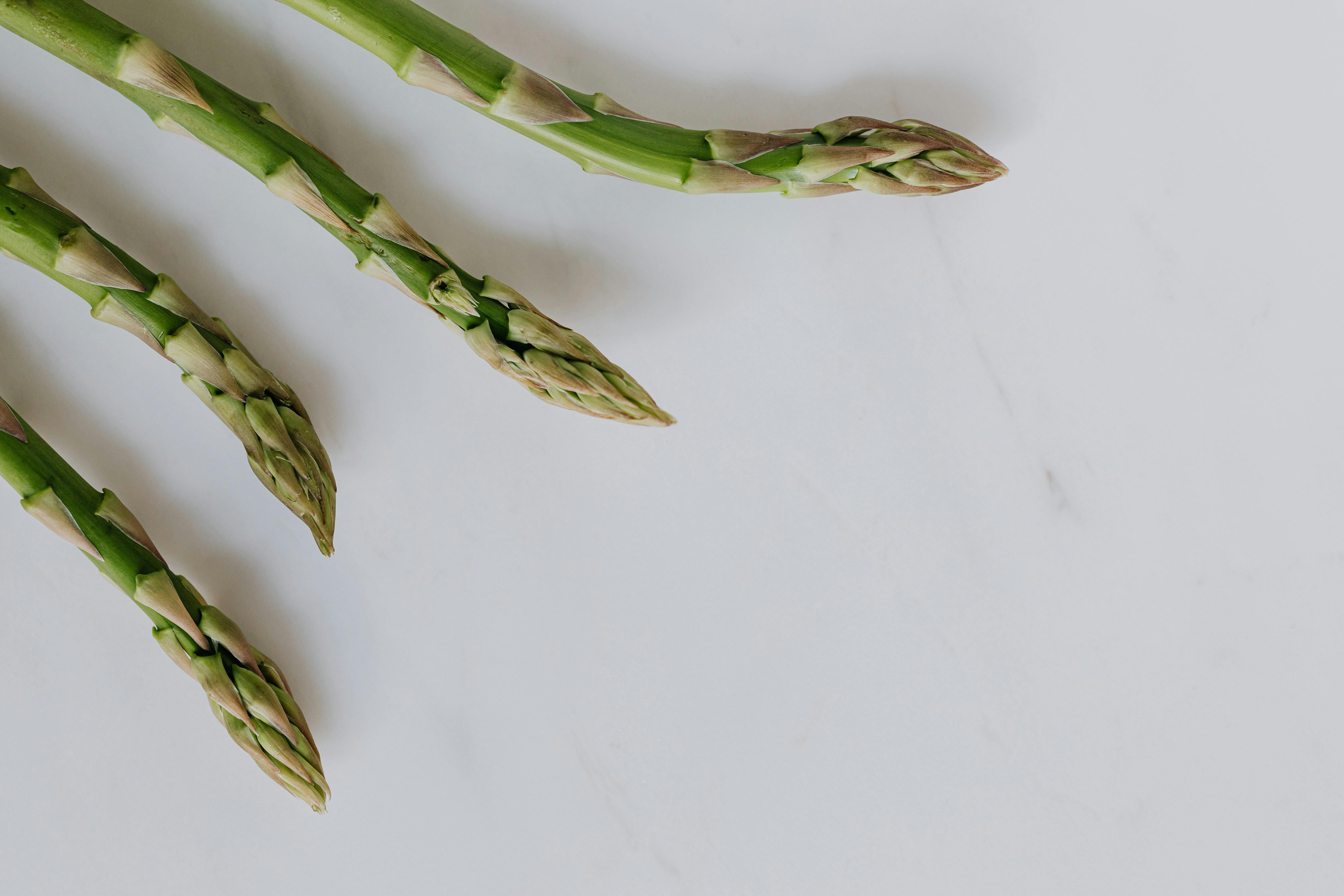
While general nutrition is covered, the role of Folate (Vitamin B9) deserves specific emphasis. Folate is crucial for regulating levels of the amino acid homocysteine in the blood. High homocysteine is a major, independent risk factor for arterial damage and stiffness, which directly contributes to hypertension. By ensuring adequate daily intake of folate—found in concentrated amounts in asparagus, lentils, and fortified cereals—you support the biochemical pathways necessary to keep arteries smooth and resilient. This dietary tweak tackles a root cause of vessel damage that often goes unaddressed.
44. Use Magnesium Oil Spray for Transdermal Absorption
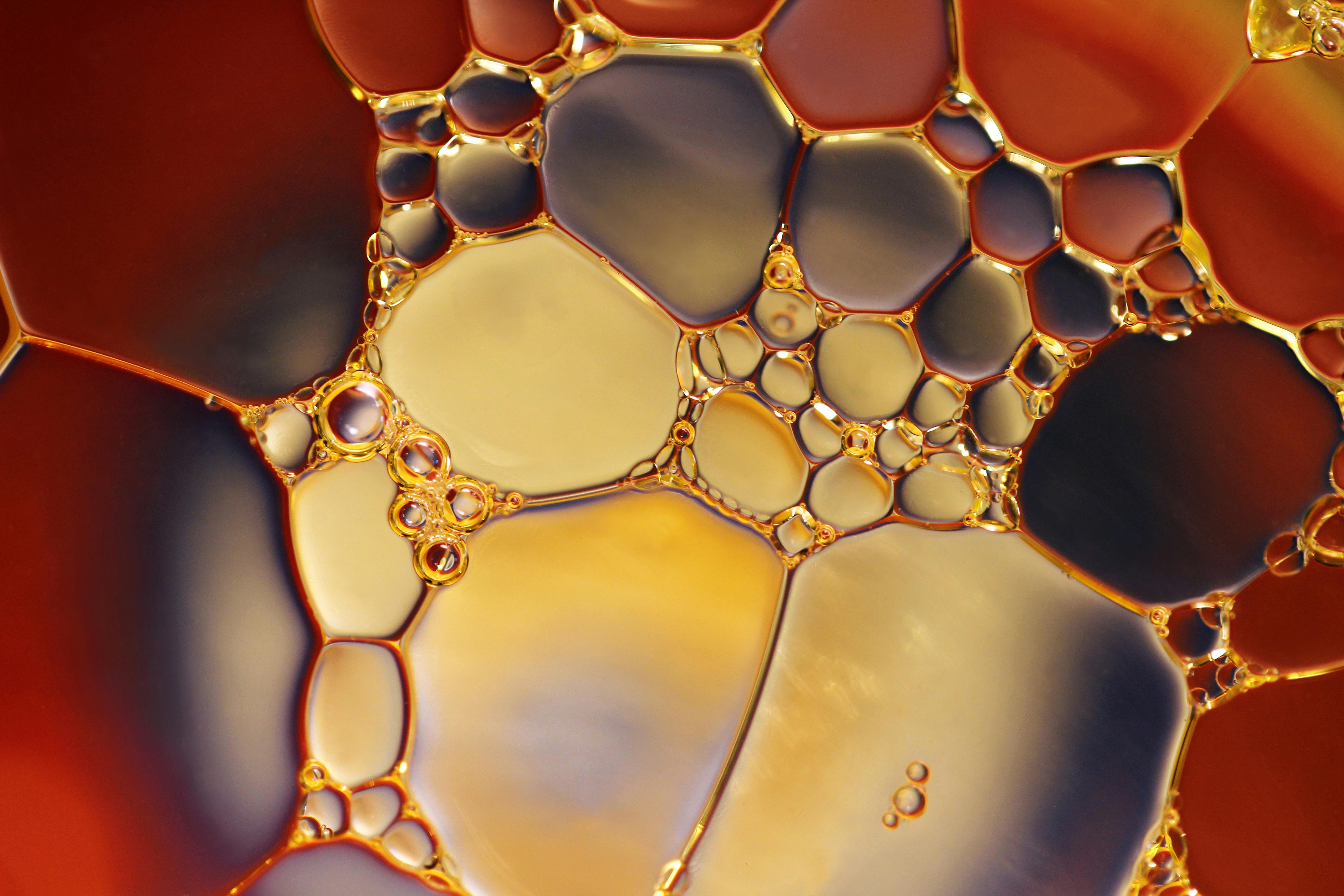
Though dietary magnesium is listed, supplementing the body's store with a transdermal magnesium oil spray can be an effective and often necessary habit. Many individuals have poor absorption of oral magnesium due to gut issues or medications, making deficiency common. Spraying magnesium oil directly onto the skin (e.g., the legs or abdomen) bypasses the digestive system and allows for rapid absorption. Because magnesium is essential for relaxing blood vessel walls, ensuring adequate intake via this route provides a consistent, supplemental method to promote vasodilation and support lower pressure without relying solely on dietary intake.
45. Cook with Saffron (Crocetin and Safranal)
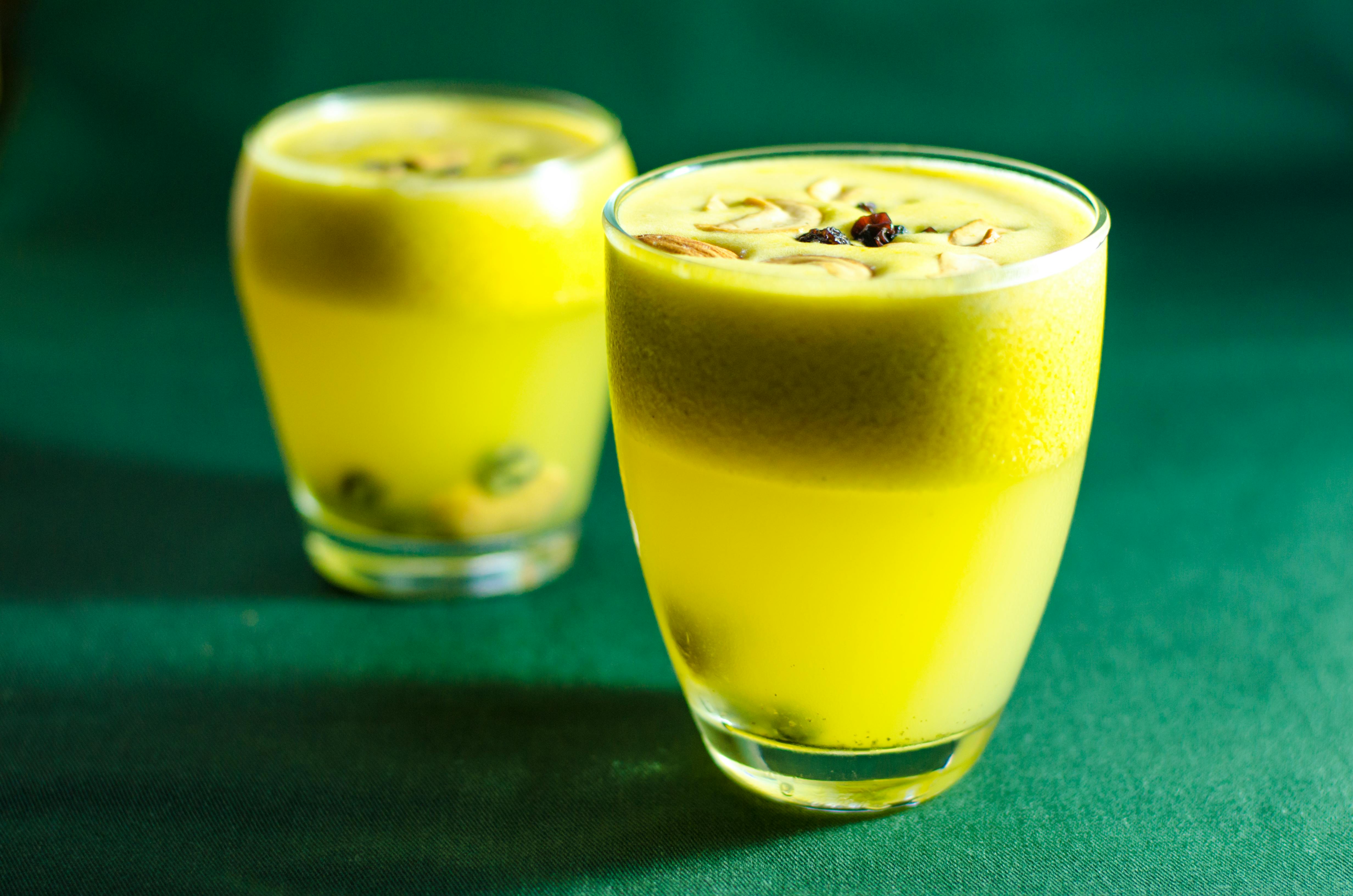
Saffron, the world's most expensive spice, is a potent addition to your routine due to its unique active compounds, Crocetin and Safranal. These compounds are powerful antioxidants and have been shown to have blood pressure-lowering effects by improving circulation and modulating the stress response. Furthermore, saffron can help reduce stress-related anxiety and depression, which are significant emotional drivers of hypertension. Using just a few threads of saffron in rice, soup, or even tea a few times a week provides a luxurious and powerful nutraceutical boost that supports both vascular health and emotional calm.
46. Chew Flaxseed or Sesame Seeds Post-Meal
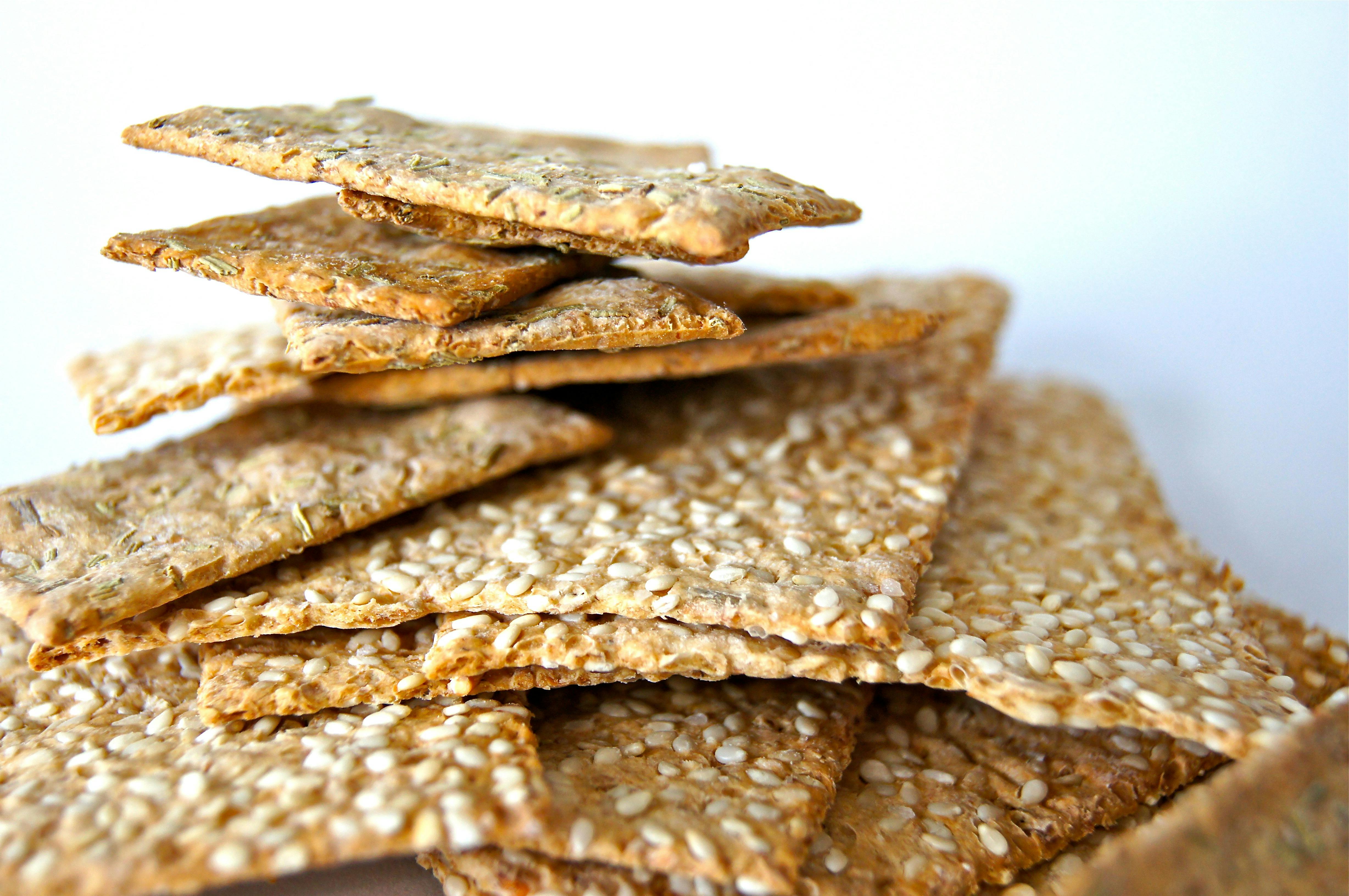
Beyond simply adding seeds to your diet, making a habit of slowly chewing whole flaxseed or sesame seeds immediately after a meal maximizes their blood pressure benefit. Chewing the seeds helps break open their hard shells, immediately releasing lignans and soluble fiber. This fiber forms a gel that physically slows the absorption of glucose from the rest of the meal and promotes sustained satiety. The lignans, specifically in flaxseed, are converted by gut bacteria into compounds that act like weak estrogens, which are linked to arterial health. This simple, mindful chewing maximizes the immediate digestive stabilization effect.
47. Incorporate Binaural Beats for Brainwave Entrainment

Leverage binaural beat therapy during relaxation time (e.g., during meditation or before sleep). This acoustic method involves listening to two slightly different frequencies to create a perceived third, pulsing tone. Focusing on low frequencies like Theta (4 Hz to 8 Hz) can guide your brainwaves into a deeply relaxed state, similar to meditation. Regular use trains the nervous system to spend less time in the high-alert sympathetic (fight-or-flight) state. This consistent, non-invasive habit can measurably reduce anxiety and support a sustained lower resting heart rate, which translates directly to reduced vascular tension and stable blood pressure.
48. Use L-Theanine from White Tea for Focused Calm
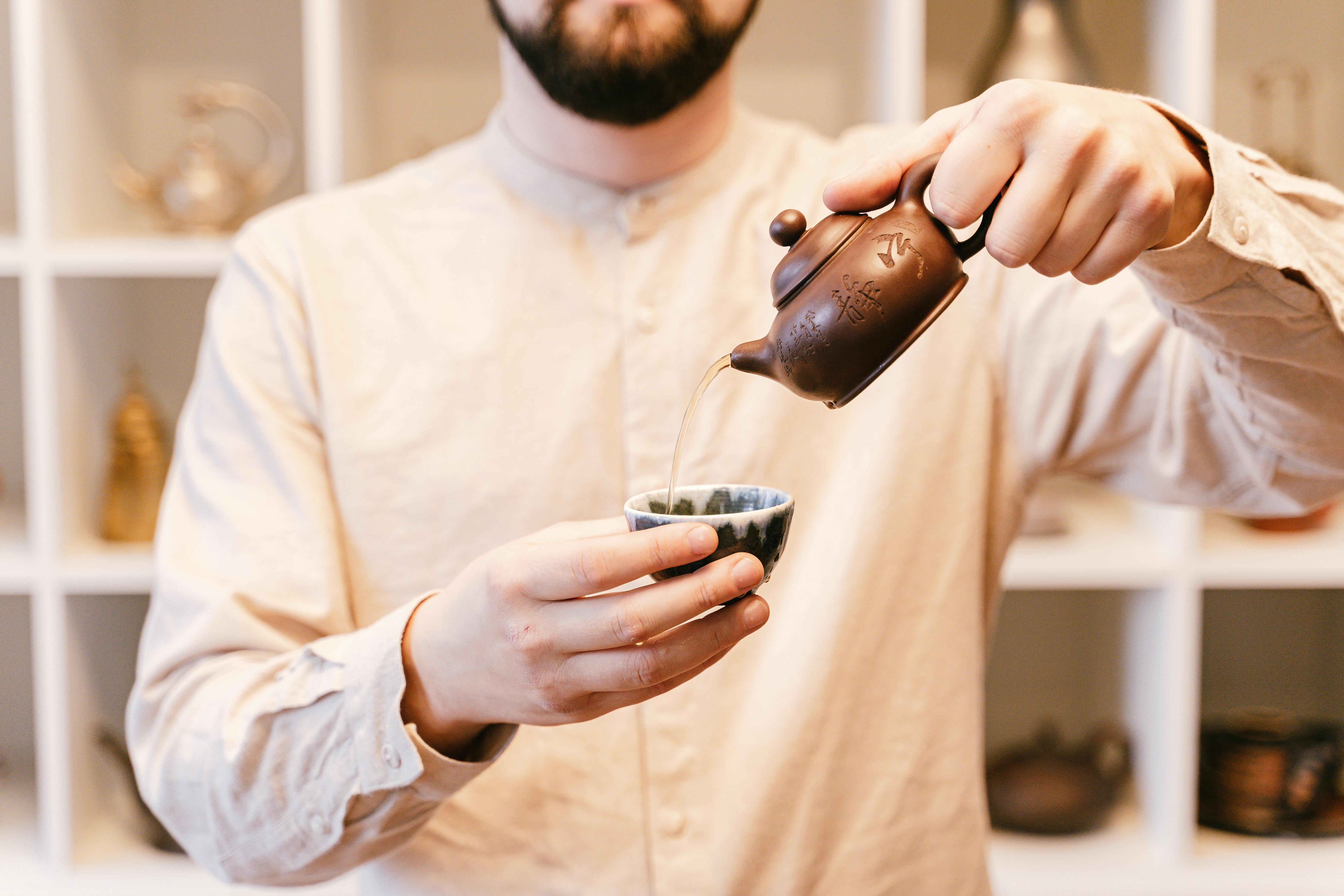
Focus on the powerful amino acid L-Theanine, naturally abundant in high-quality white and lightly processed green teas. L-Theanine acts as a non-sedating anxiolytic, promoting the production of alpha brain waves to induce a state of calm, focused attention. By neutralizing the physical and mental jitters caused by stress or caffeine, it helps prevent the surge of cortisol and adrenaline that constrict blood vessels. Incorporating a daily ritual of sipping L-Theanine-rich white tea is a sophisticated, natural way to achieve mental tranquility that structurally supports lower vascular tension and helps stabilize emotional drivers of hypertension.
49. Maintain Oral Hygiene (Nitrate/Nitrite Metabolism)

Good oral hygiene is a surprisingly critical, direct factor in blood pressure control. Beneficial bacteria on the tongue and in the mouth are essential for converting dietary nitrates (from foods like beets and leafy greens) into nitrites, the chemical precursor to the powerful vasodilator Nitric Oxide (NO). However, using antibacterial mouthwash can wipe out these beneficial oral bacteria, disrupting the NO pathway and hindering the body's ability to naturally relax blood vessels. Switching to a non-antibacterial rinse preserves this crucial oral-systemic communication necessary for optimal blood flow.
50. Apply Heat to Feet/Hands (Peripheral Vasodilation)

A simple, low-tech tweak is using controlled heat to promote peripheral vasodilation (widening of blood vessels in the extremities). Soaking your feet in a basin of warm water or using a heating pad on your hands for 10-15 minutes actively encourages blood vessels in those areas to relax and expand. This reduces the total resistance in your circulatory system, helping to pull blood pressure down temporarily. This passive technique is particularly effective during periods of high stress or when settling down for the evening, as it naturally cues the body's parasympathetic response.
51. Aromatic Neuro-Feedback with Fresh Herbs
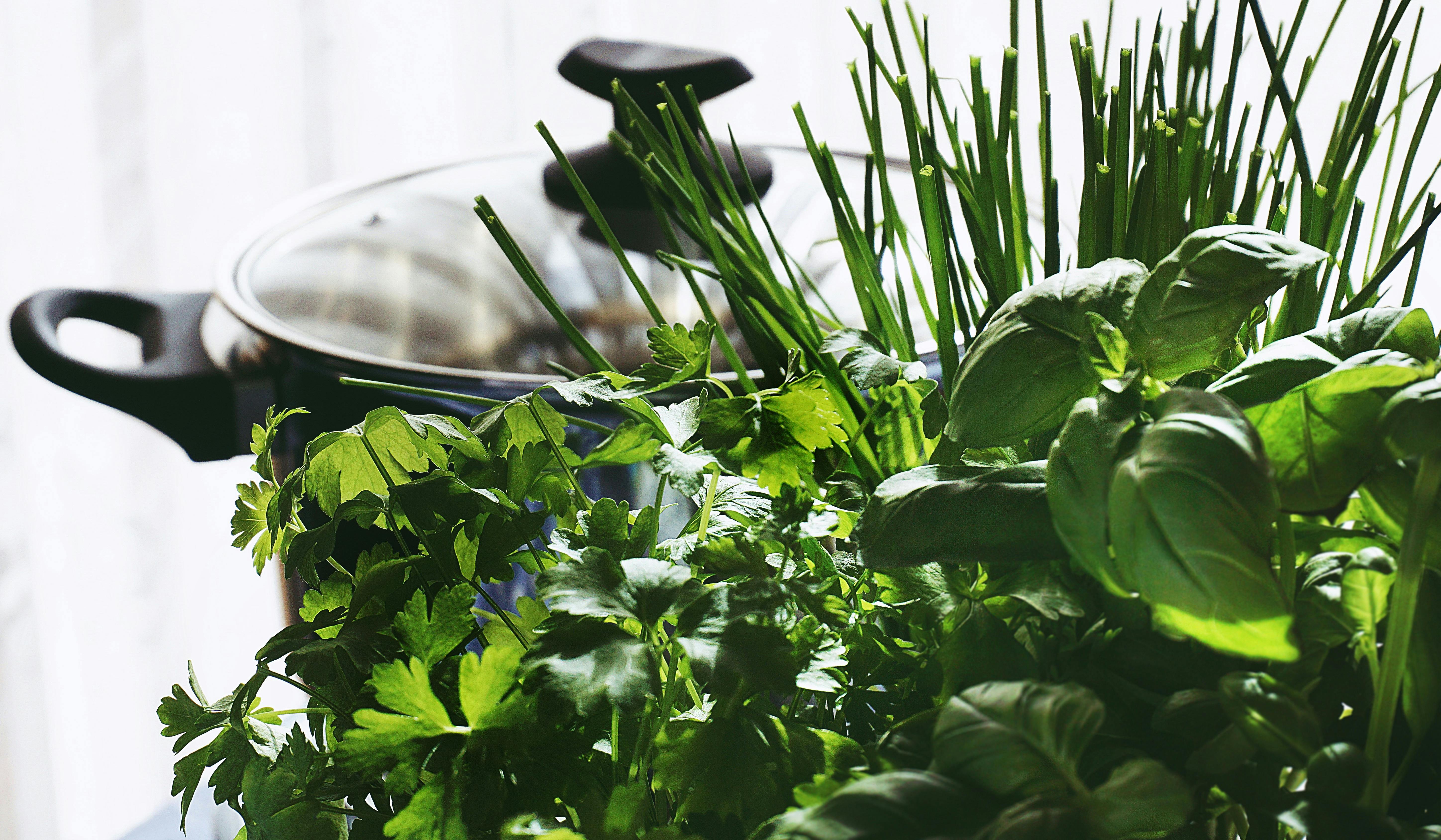
Use your sense of smell as an immediate neurological tool to manage pressure spikes. The olfactory system has a direct pathway to the limbic system, the brain's emotional and stress-response center. Make a habit of actively engaging with natural aromas—like crushing and inhaling fresh rosemary, mint, or citrus peel—to interrupt stress.
52. Wearing a Tightly Knotted Tie or Scarf — The Jugular Squeeze

In professional settings, the seemingly innocuous act of wearing a tightly knotted tie or a snug scarf can subtly elevate blood pressure. This constriction around the neck puts mild pressure on the jugular veins and the carotid arteries, inhibiting blood flow and affecting the carotid sinus (a pressure-sensing structure). The body registers this as a circulatory impediment and can react by reflexively increasing overall systemic pressure to maintain cerebral blood flow. Ensure neckwear is loose enough to fit two fingers comfortably beneath the knot to avoid this unnecessary circulatory stress.
53. Chronic Reliance on Antacids (Calcium Metabolism Disruption)
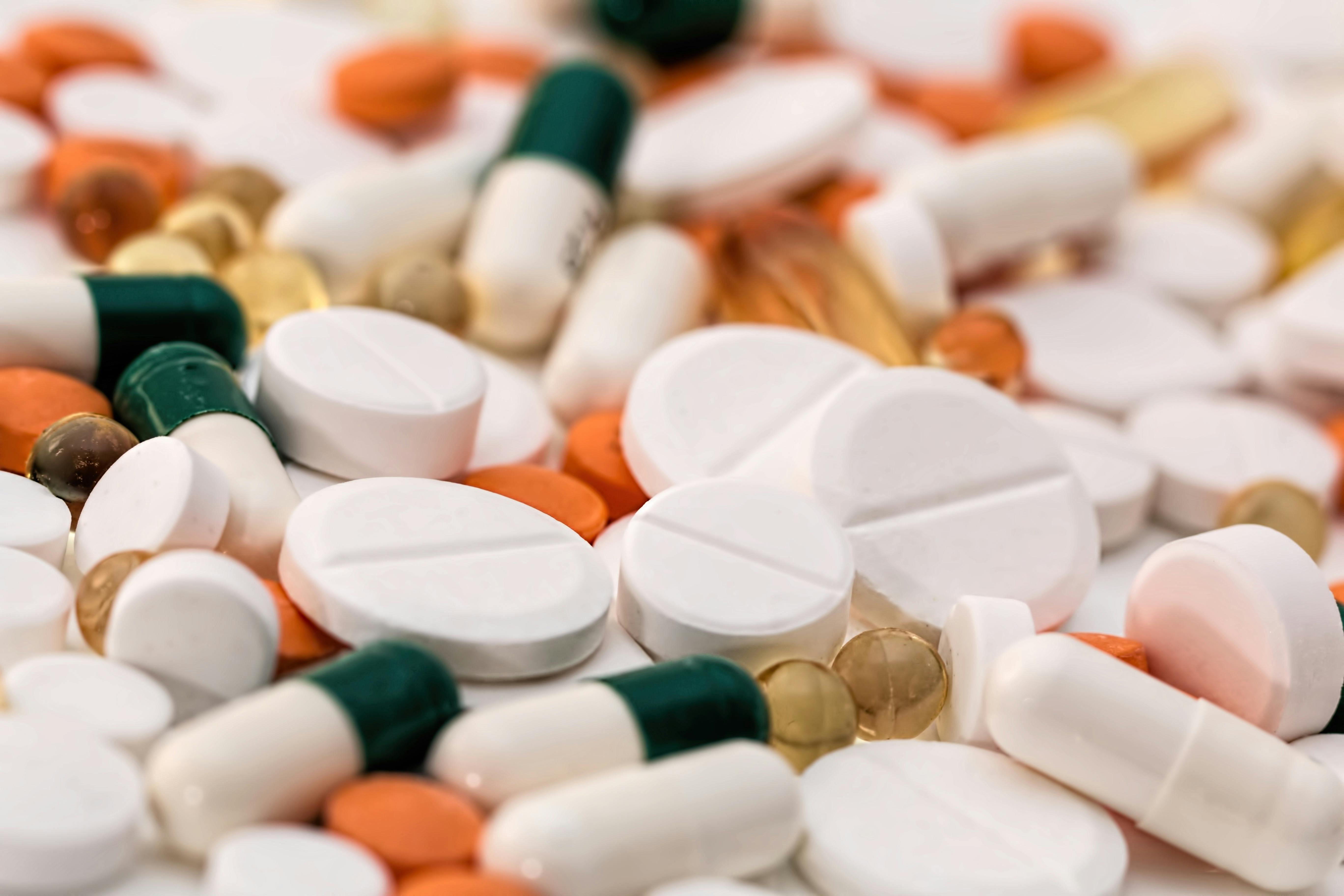
Frequent use of calcium-containing antacids (e.g., Tums, Rolaids) might soothe heartburn, but excessive, chronic consumption can subtly disrupt the body's delicate calcium-magnesium balance. Magnesium is a natural vasodilator, relaxing blood vessels and lowering BP. When calcium intake is constantly high, it can interfere with magnesium absorption and function. This creates a functional magnesium deficiency, leading to higher vascular tension and a sustained, harder-to-manage resting blood pressure. Prioritize dietary magnesium from greens and nuts, and only use antacids as needed, not as a daily supplement.
54. The Headphone Volume Habit (Auditory Stress Response)

Listening to music or podcasts at a high volume, particularly through earbuds or headphones, is a habit that can contribute to cardiovascular stress. Loud, prolonged noise, even if it's music you enjoy, is perceived by the inner ear and brain as an auditory stressor. This triggers the release of stress hormones, leading to a mild but chronic activation of the sympathetic nervous system. Over time, this sustained state of low-level alertness contributes to vessel constriction and increased heart rate, silently nudging up resting blood pressure. Keep the volume at a moderate level (around 60% of max) for heart-safe listening.
55. The Sudden Stop (Lack of Cooldown after Intense Effort)
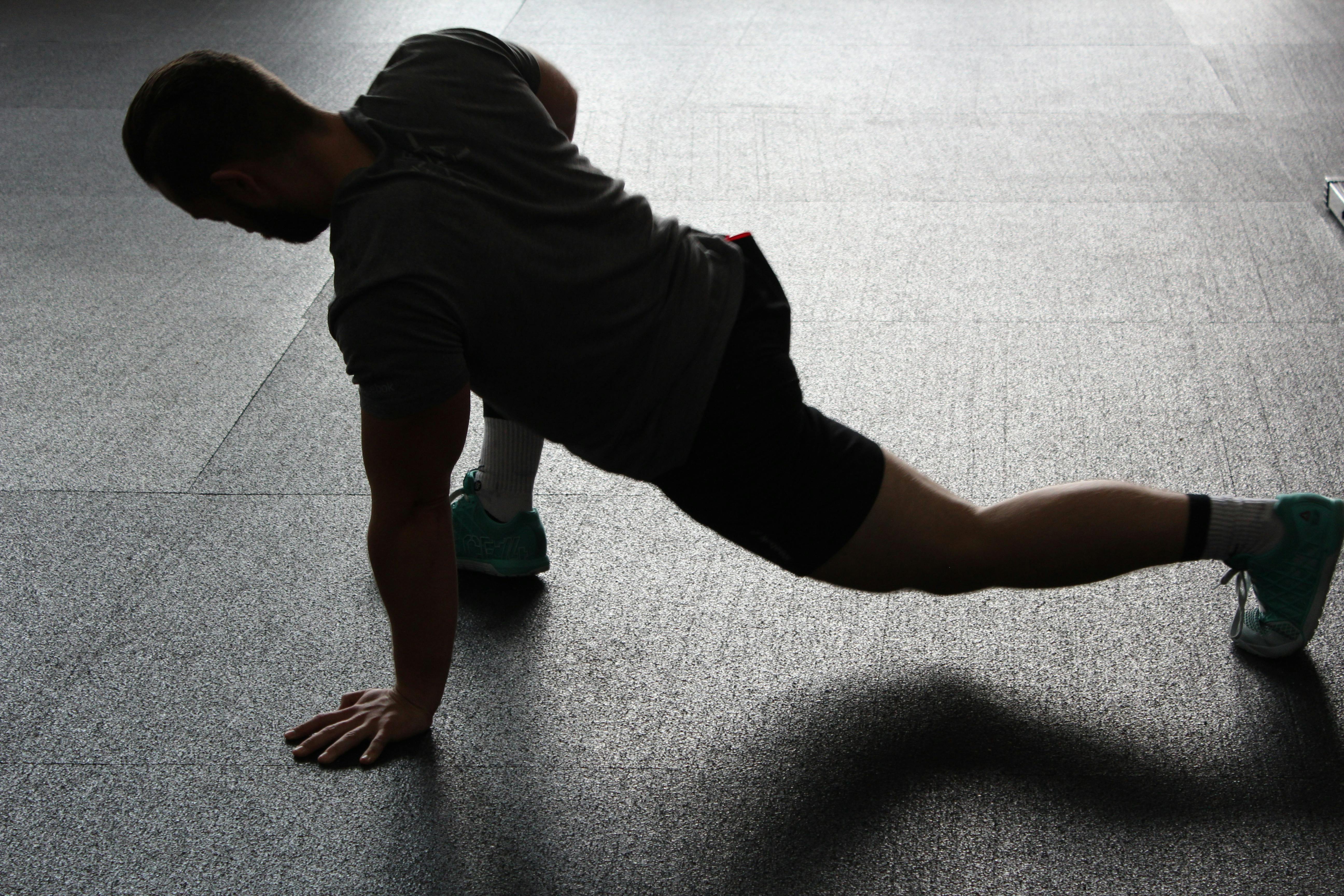
Skipping a proper cooldown after high-intensity exercise is a dangerous habit for blood pressure management. When you stop intense exertion abruptly, the blood vessels in your working muscles remain open (dilated), but the heart rate suddenly drops. This creates a temporary but sharp drop in overall blood pressure, which can cause dizziness, lightheadedness, and even fainting (post-exercise hypotension). A slow, 5-10 minute cooldown (gentle walking and stretching) allows the heart rate and blood vessels to return gradually to normal, preventing this severe vascular shock.
56. Uncorrected Vision or Reading Strain (Ocular-Vascular Link)

Chronic eye strain from uncorrected vision (squinting) or intense, prolonged screen/reading focus subtly activates the sympathetic nervous system. When your eyes struggle, the stress response increases muscle tension in the face, neck, and shoulders. This effort, combined with the neurological link between ocular focus and systemic tension, can lead to measurable short-term blood pressure spikes. Ensuring you have the correct prescription and taking frequent, short gazing breaks (focusing on a distant object) is a simple, often-overlooked habit that reduces ocular-driven stress on your cardiovascular system.
57. Use Aromatic Neuro-Feedback with Fresh Herbs
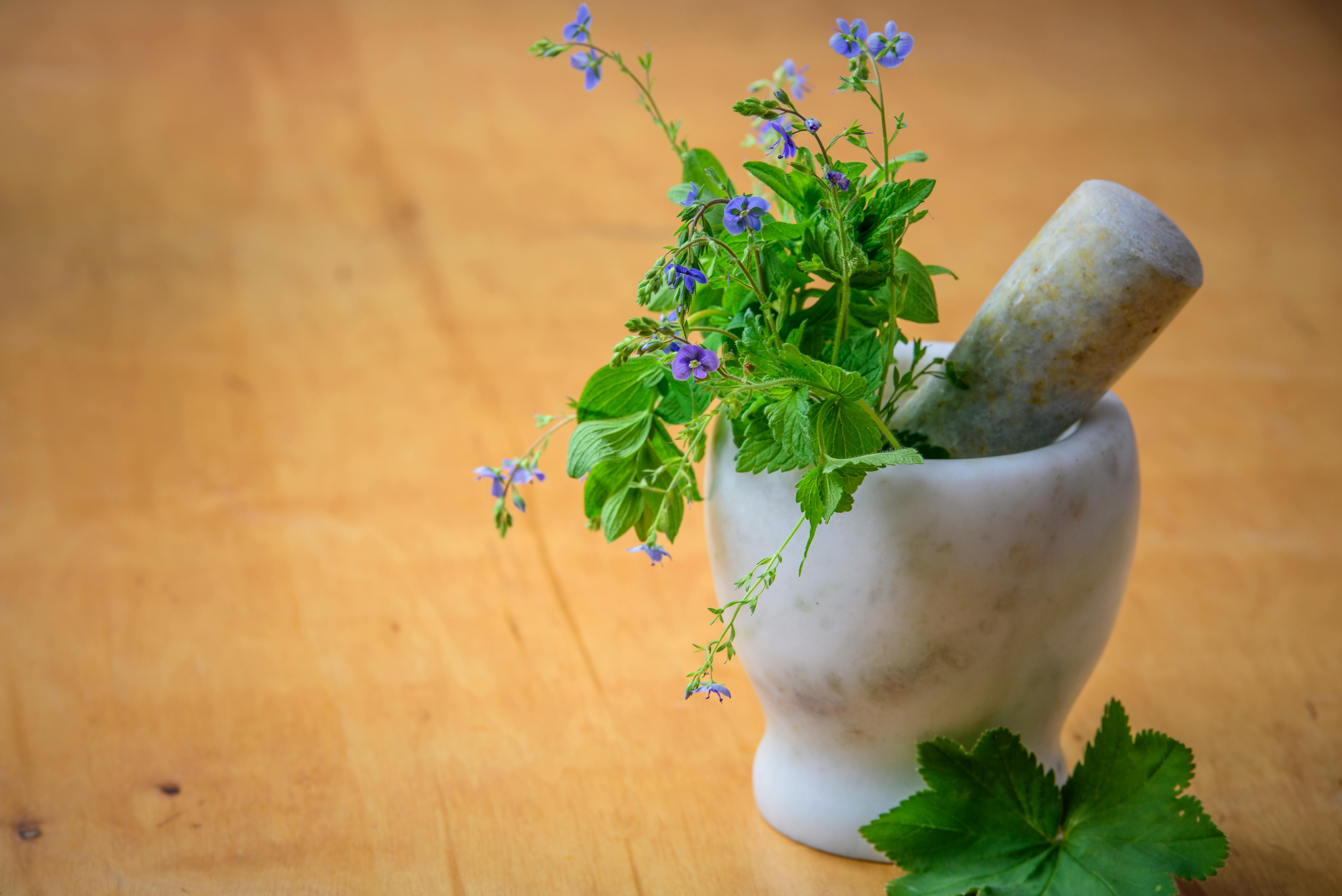
Use your sense of smell as an immediate neurological tool to manage pressure spikes. The olfactory system has a direct pathway to the limbic system, the brain's emotional and stress-response center. Make a habit of actively engaging with natural aromas—like crushing and inhaling fresh rosemary, mint, or citrus peel—to interrupt stress. This simple, mindful sensory input acts as a form of instant neuro-feedback, immediately reducing cortisol production and signaling the nervous system to shift from sympathetic activation (fight-or-flight) to parasympathetic calm (rest-and-digest). It is a free, powerful, and accessible buffer against sudden pressure elevation.
58. The Post-Meal Slump (Parasympathetic Overshoot)

While resting after a meal is fine, immediately lying down or slouching into a deep rest (a major parasympathetic response) after a large, high-carbohydrate meal can be problematic. The combination of intense digestive activity and low physical activity can cause a sharp drop in blood pressure (postprandial hypotension), especially in sensitive individuals. The body then compensates by increasing heart rate or constricting vessels. A simple fix is a "post-meal micro-walk"—just 5 to 10 minutes of light movement—to gently regulate blood flow and prevent this disruptive drop.
59. The 60-Second Foot-to-Calf Fascia Roll

Incorporating a minute of plantar fascia rolling provides a surprisingly profound, indirect benefit for blood pressure. The fascia (connective tissue) in the sole of your foot is intimately linked to the tension across your entire posterior chain, affecting posture and systemic muscle tightness. By gently rolling a tennis ball or a frozen water bottle under each foot for 30 seconds, you release deep-seated tension in this fascia. This release sends a signal of relaxation up the body's kinetic chain, calming the nervous system, reducing generalized muscle constriction, and helping to diminish the chronic "bracing" that silently elevates blood pressure. It is a powerful, passive form of somatic therapy that resets systemic tension and promotes vascular calm.
60. The 10-Minute Sun Salutation (Morning Endothelial Kickstart)

Integrating a simple, 10-minute flow of basic Sun Salutations (Surya Namaskar) is a powerful, dynamic start to your day. This sequence of continuous movement, blending gentle strength with deep, rhythmic breathing, is exceptional for cardiovascular health. It doesn't just manage stress; it mechanically and neurologically jumpstarts endothelial function—the health of your blood vessel lining. The deep stretches and movements promote the release of Nitric Oxide (NO), signaling blood vessels to relax and widen right from the start of the day. This provides a natural, systemic boost to flexibility, reduces morning stiffness, and actively supports sustained lower blood pressure.
60. The 60-Second Foot-to-Calf Fascia Roll

Incorporating a minute of plantar fascia rolling provides a surprisingly profound, indirect benefit for blood pressure management. The fascia (connective tissue) in the sole of your foot is intimately linked to the tension across your entire posterior kinetic chain, affecting posture and systemic muscle tightness. By gently rolling a tennis ball or a frozen water bottle under each foot for 30 seconds, you release this deep-seated tension. This release sends a signal of relaxation up the body's kinetic chain, calming the nervous system, reducing generalized muscle constriction, and helping to diminish the chronic "bracing" that silently elevates blood pressure. It is a powerful, passive form of somatic therapy that resets systemic tension and promotes immediate vascular calm, requiring only two minutes of your day.
61. Daily Humming Meditation (Resonant Vagal Toning)

Beyond simple humming or gargling, make a habit of dedicated, rhythmic humming meditation (known as Bhramari Pranayama). Sitting comfortably, inhale deeply and exhale slowly with a low, resonant, continuous hum (like the sound of a bee). This sustained, physical vibration in the throat and sinuses provides concentrated vagal nerve stimulation, which is the fastest way to signal the heart and brain to enter the "rest and digest" state. Just 5 minutes daily can profoundly reduce the sympathetic nervous system's high-alert status, leading to a sustained, measurable drop in resting heart rate and arterial tension.
62. Mindful Chewing and Savoring (Parotid Gland Stimulation)

Beyond digestive benefits, the simple act of slow, deliberate, mindful chewing offers a profound, under-recognized mechanism for lowering blood pressure. Savoring each bite—chewing 20 to 30 times—stimulates the parotid glands (the major salivary glands). This stimulation enhances the flow of saliva rich in Nitric Oxide (NO)-generating compounds. These compounds are absorbed into the bloodstream, acting as powerful vasodilators that signal blood vessels to relax. Furthermore, slow chewing reduces stress and prevents the sympathetic nervous system activation often associated with rushed eating. This easy, enjoyable habit is a built-in, continuous system you can use with every meal to naturally promote sustained vasodilation and lower peripheral resistance.
63. The Brown Noise Soundscape: Auditory Vagal Nudging

While music is covered, a powerful, distinct tweak is the intentional use of Brown Noise during focused work or relaxation. Unlike white noise, Brown Noise (which is a deeper, lower-frequency sound, often compared to a gentle roar or heavy rainfall) has been shown to be uniquely effective at masking distracting environmental sounds and stabilizing the central nervous system. The low, continuous frequency provides a constant, non-threatening auditory input that can help to reduce sensory overwhelm and decrease the underlying emotional and neurological "alertness" that drives cortisol release. By creating a calm, sonic cocoon around you—especially during high-stress periods—you are subtly nudging your brain toward a parasympathetic-dominant state, supporting a relaxed heart rate and a lower, steadier resting blood pressure.
64. Use Ghee or Butter for Conjugated Linoleic Acid (CLA)
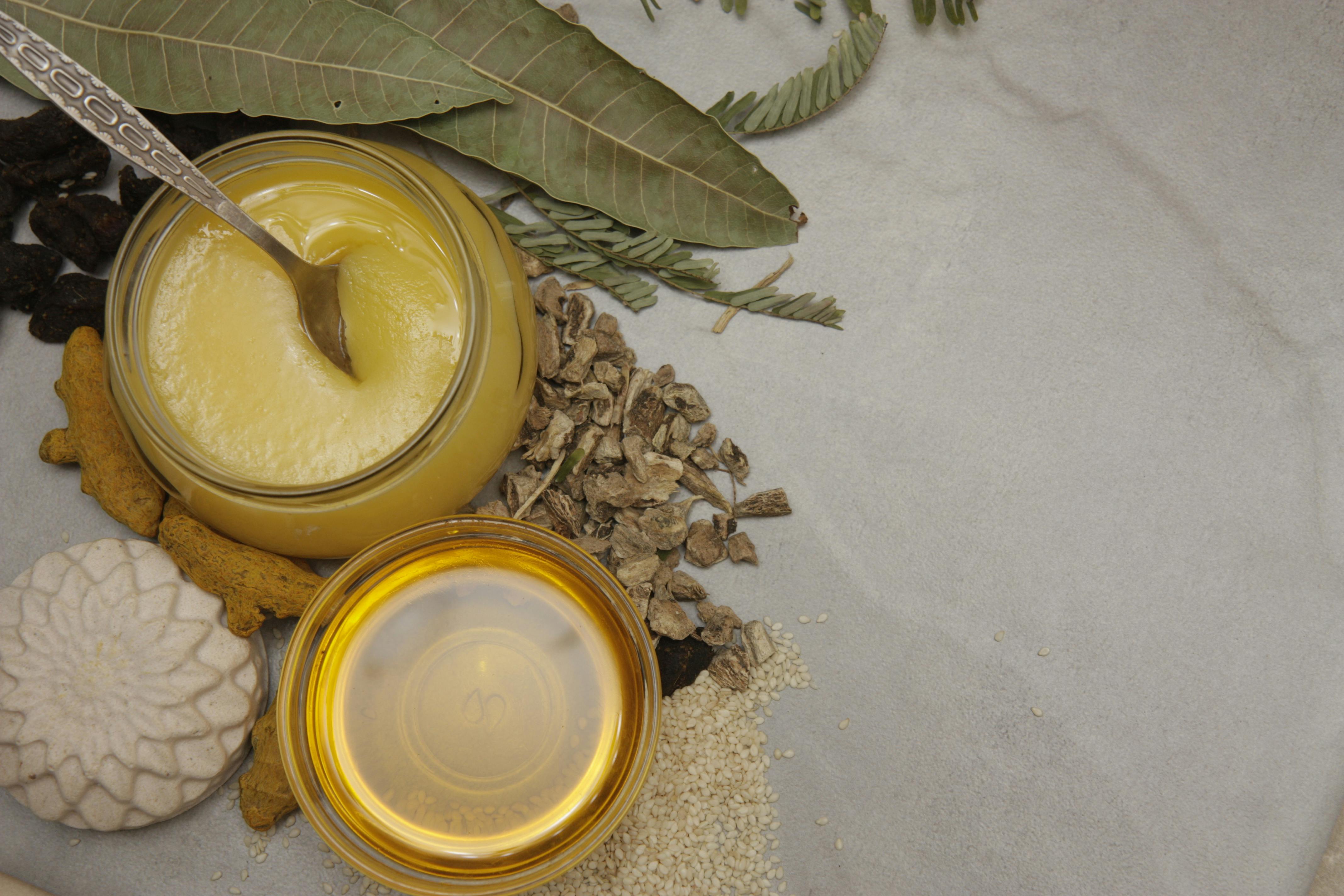
Focusing on quality dairy fats provides a subtle but important vascular tweak through Conjugated Linoleic Acid (CLA). While not a direct BP-reducer like potassium, CLA—found primarily in grass-fed ghee or butter—is a unique type of healthy fat that has been linked to reducing systemic inflammation and improving overall lipid profiles. Chronic, low-grade inflammation is a major underlying driver of arterial stiffness and hypertension. By choosing high-quality dairy fats rich in naturally occurring CLA and other fat-soluble vitamins (K2, A, D), you are giving your cardiovascular system structural support that combats the slow, daily damage of oxidative stress. This small swap, used mindfully in cooking, helps maintain the integrity and flexibility of your blood vessel walls over time.
Beyond the Quiet Whispers: Reclaiming Your Breath

View this journey not as a burden of restriction, but as a commitment to your own self-preservation and vitality. By consistently integrating these subtle yet profound adjustments—from Iso-Tonic handgrips to prioritizing gut health—you are actively re-engineering a calmer, stronger cardiovascular system. Reclaim your health: the control is already in your hands.
